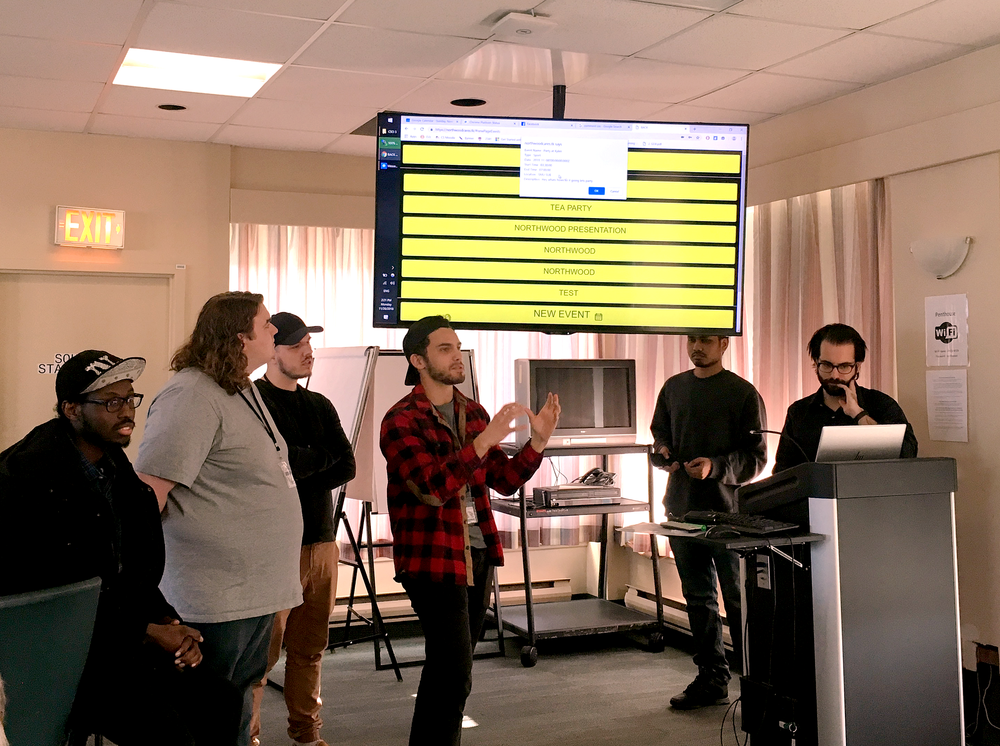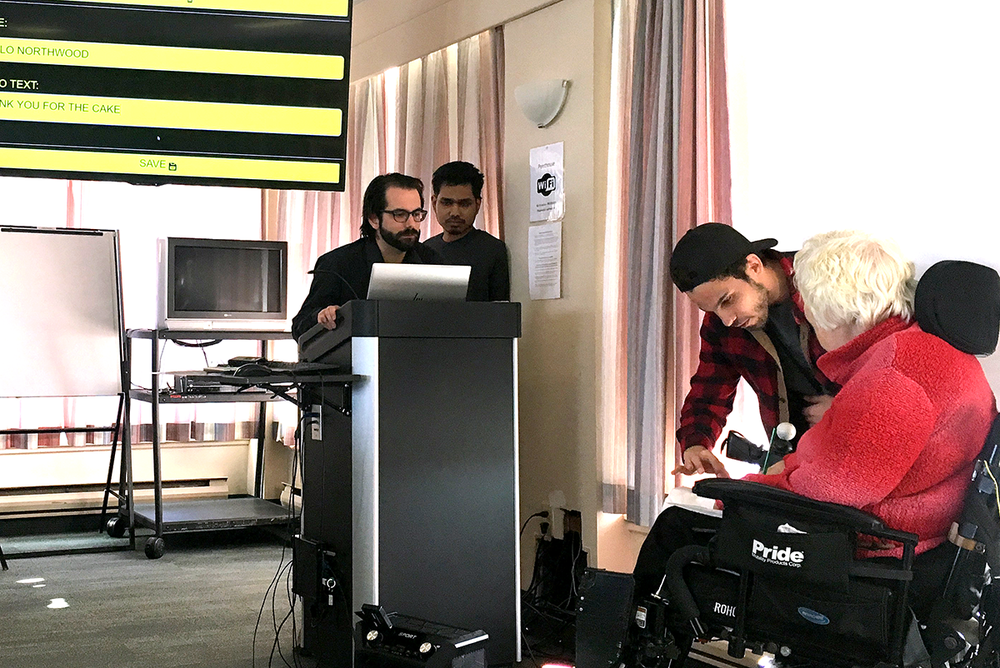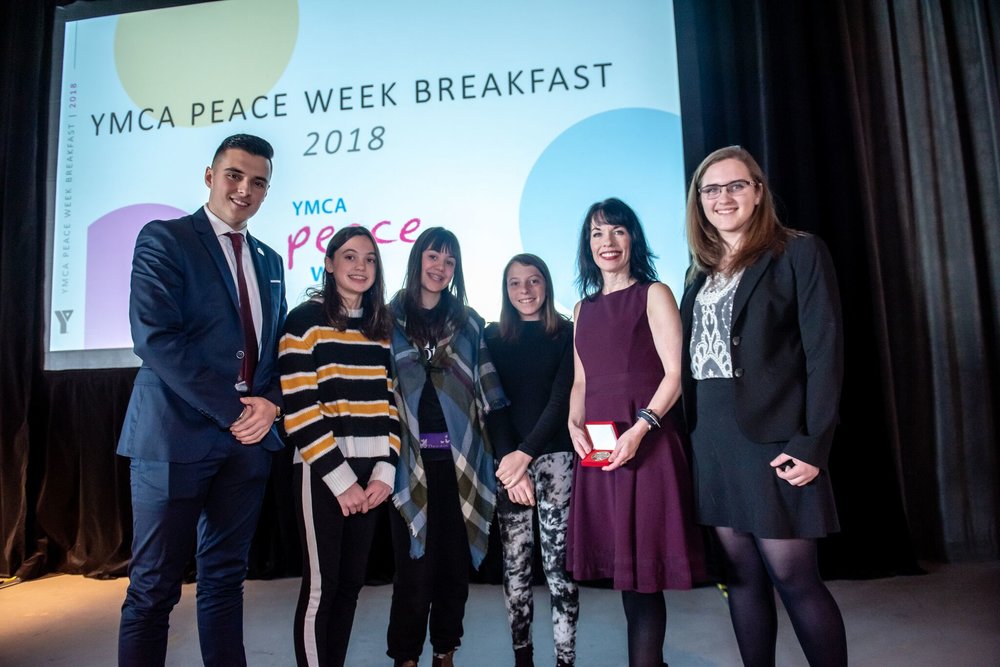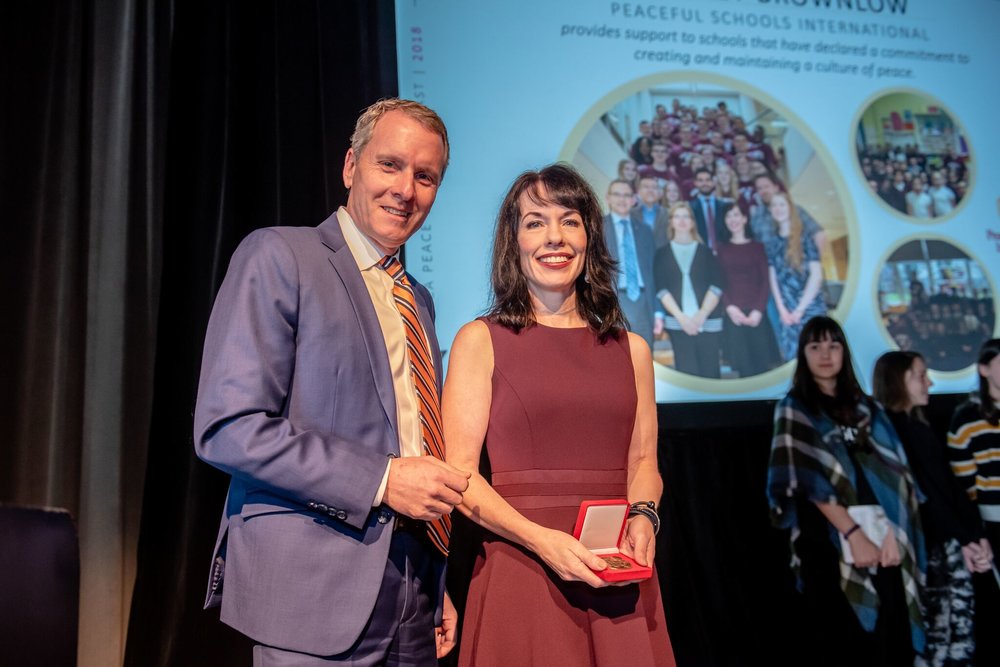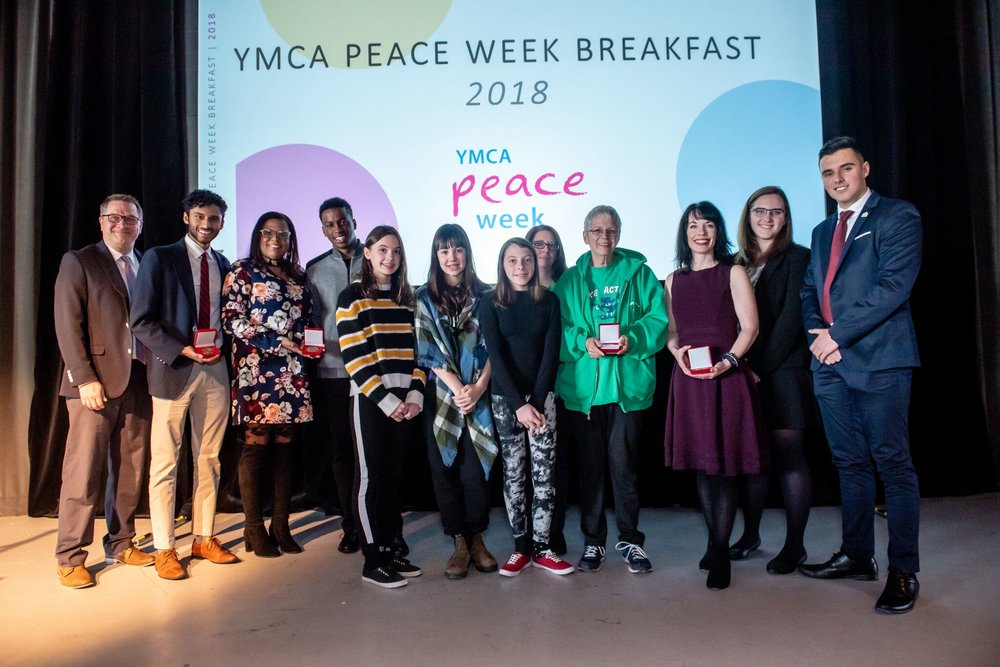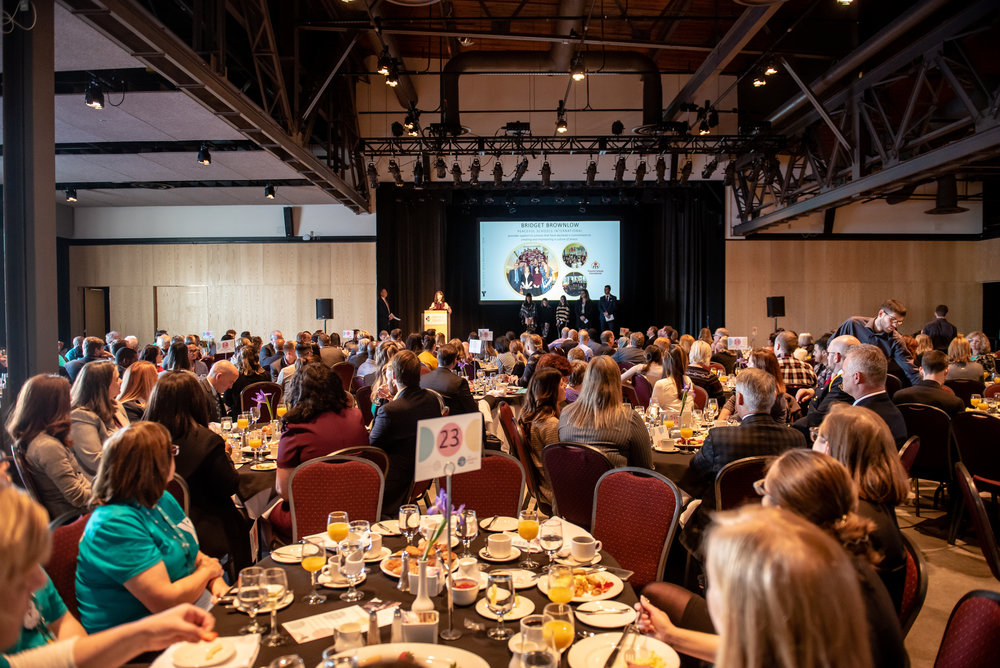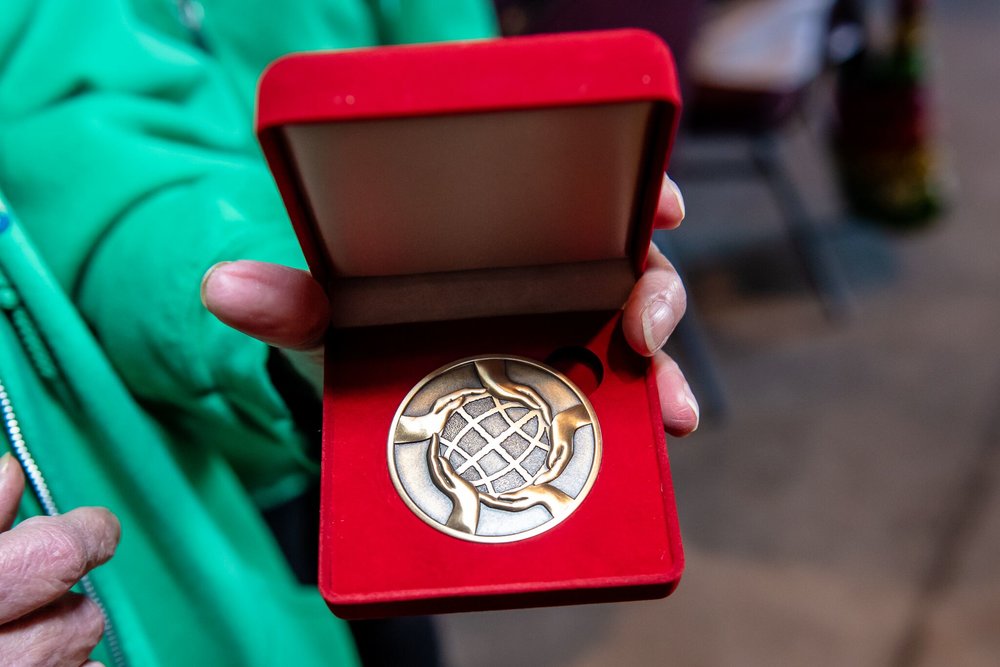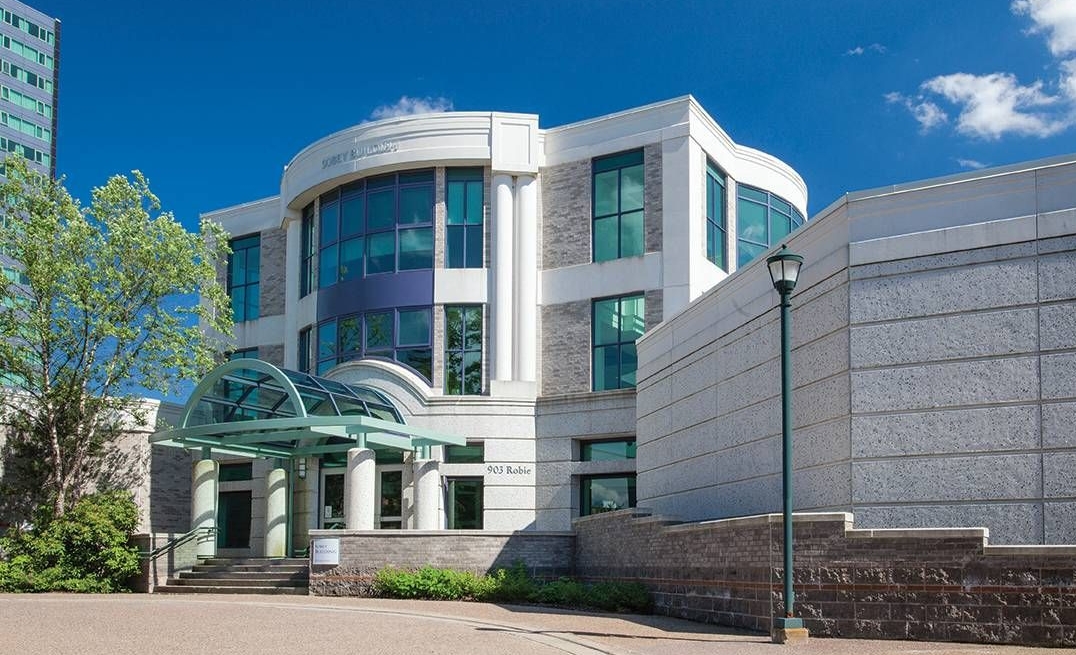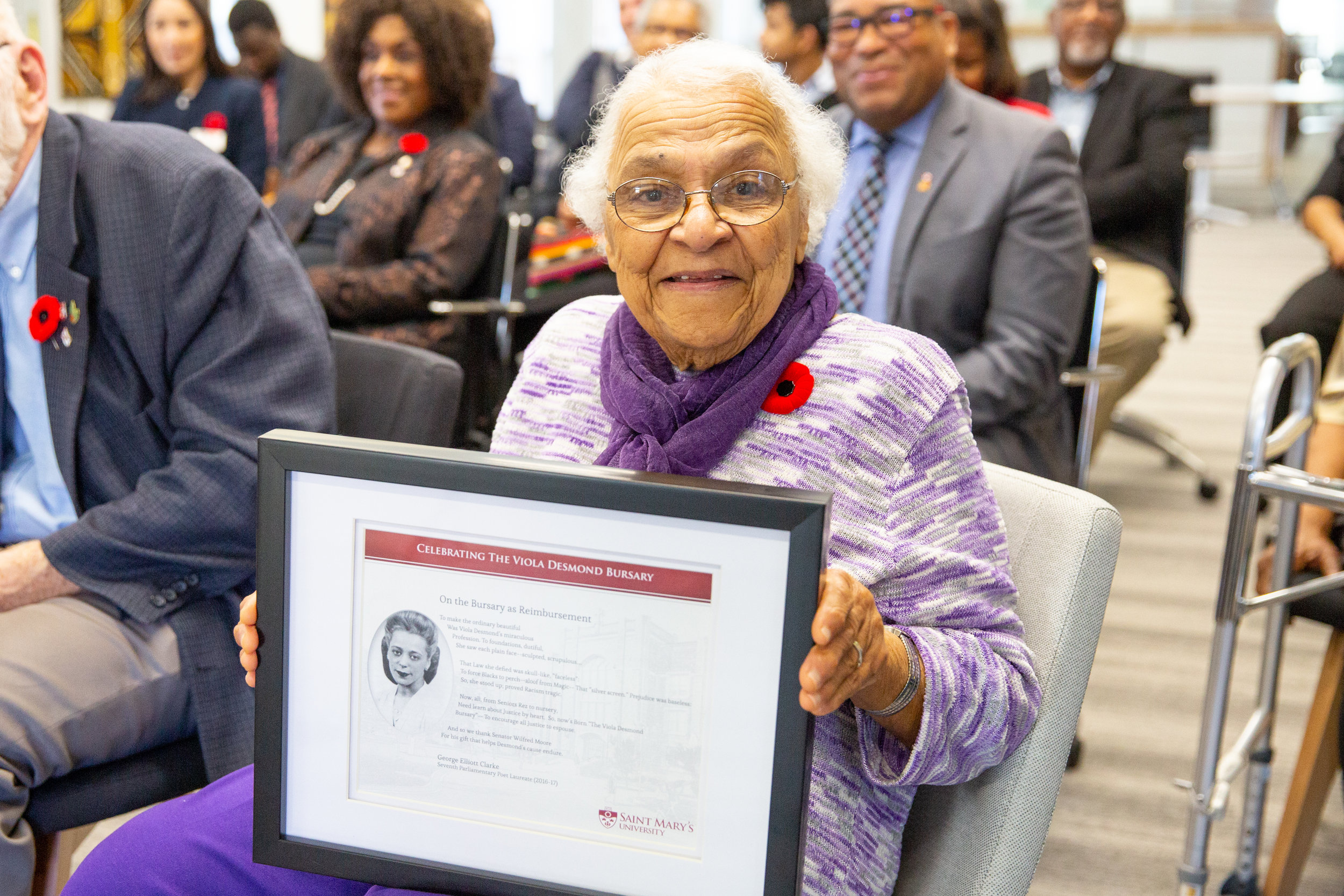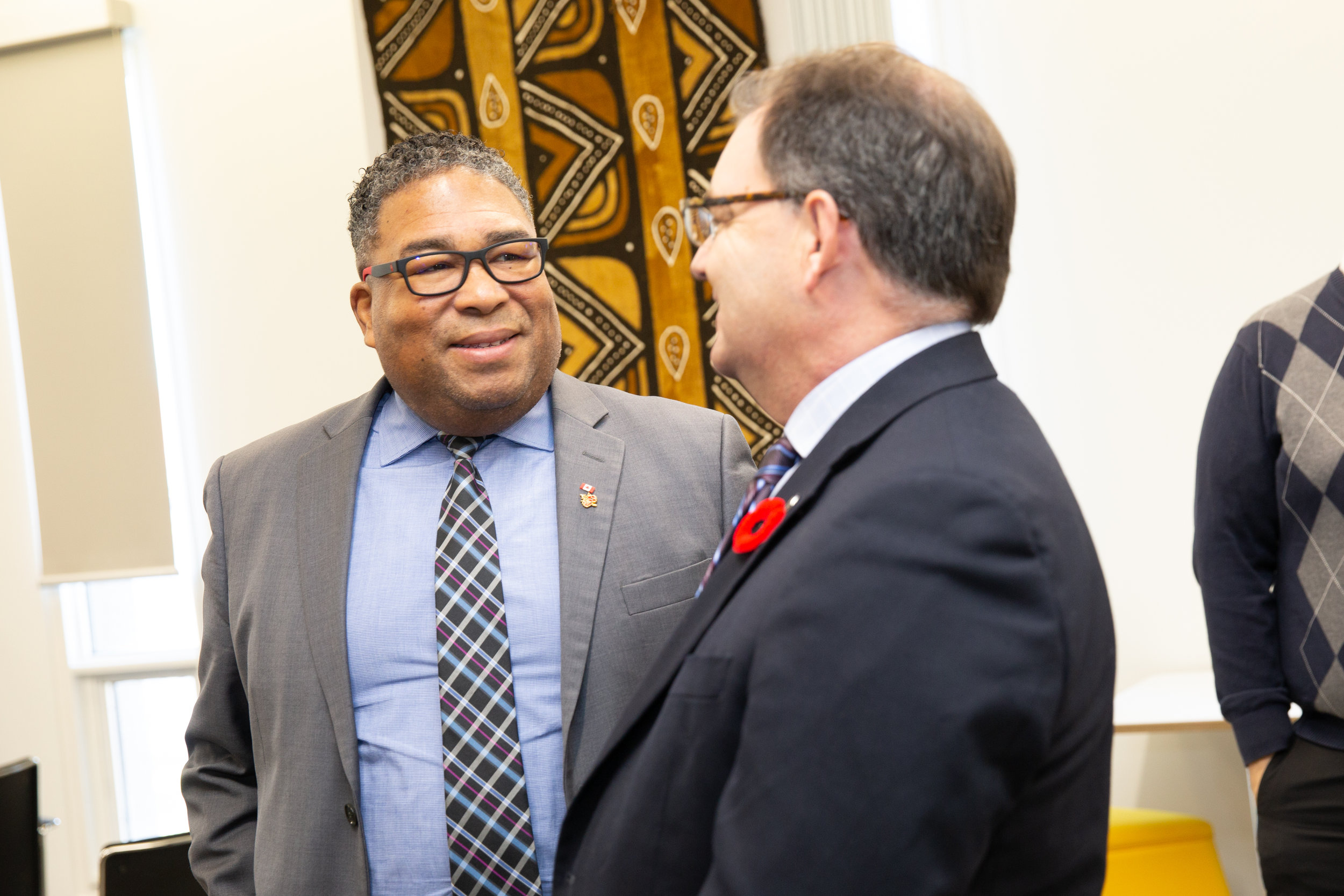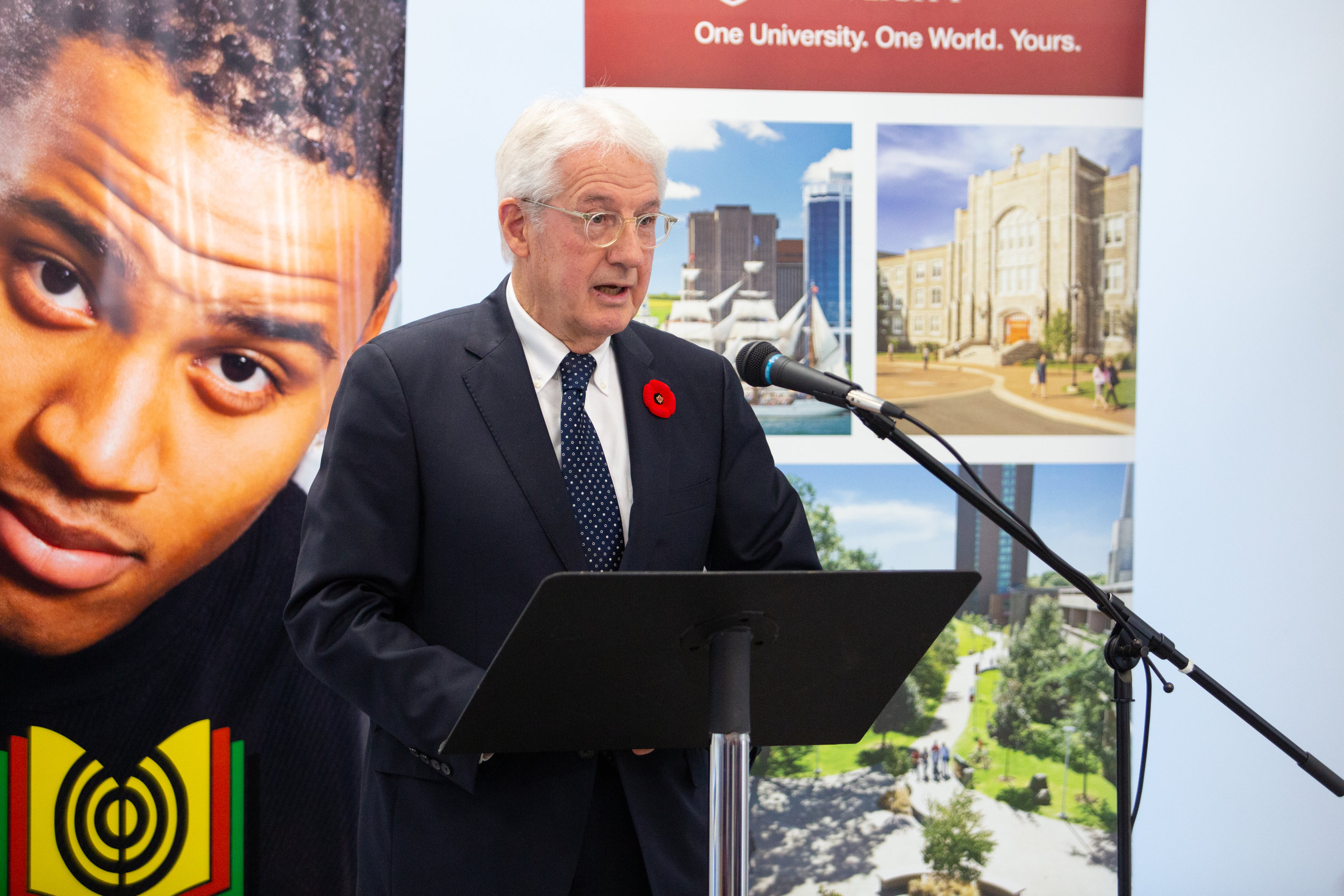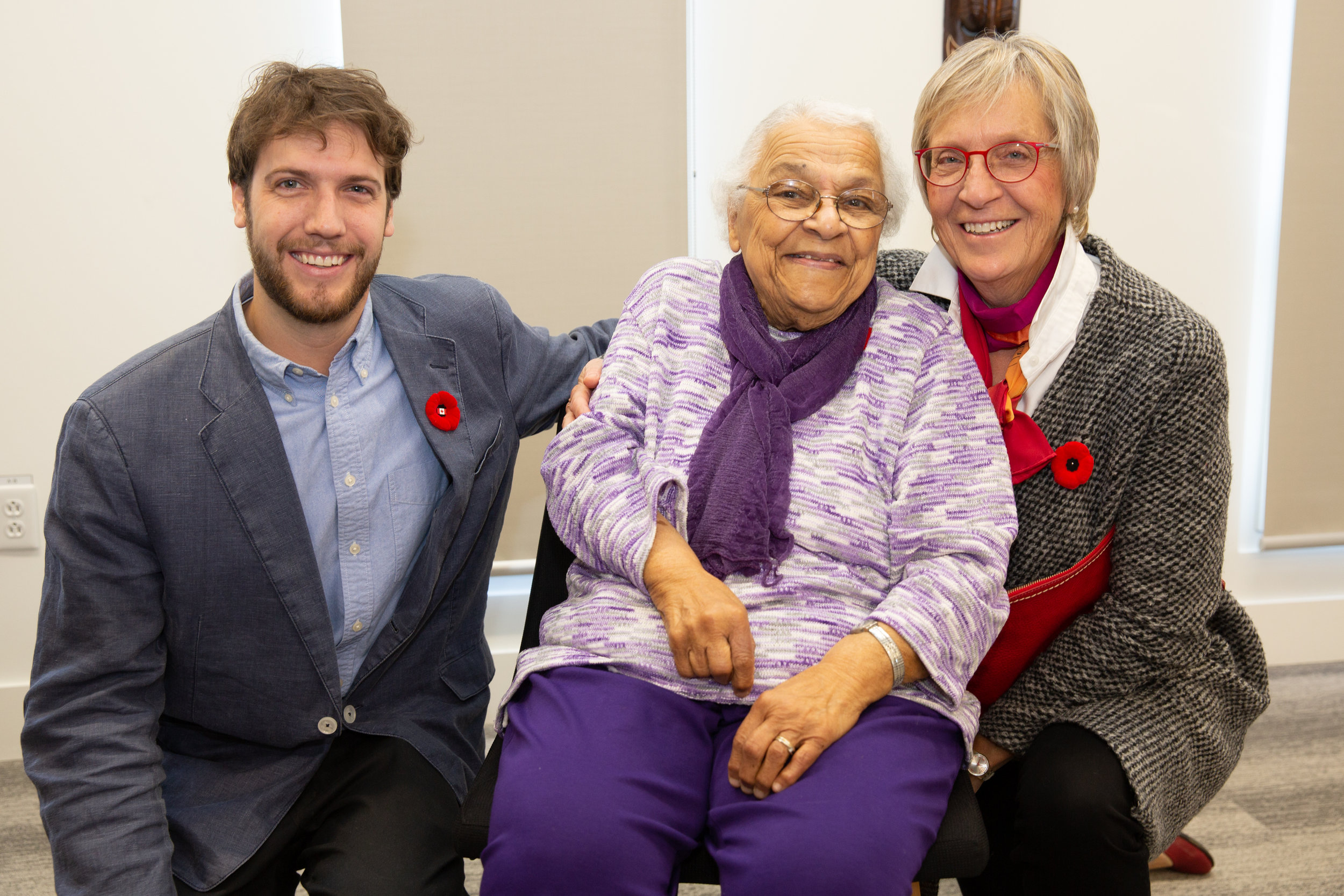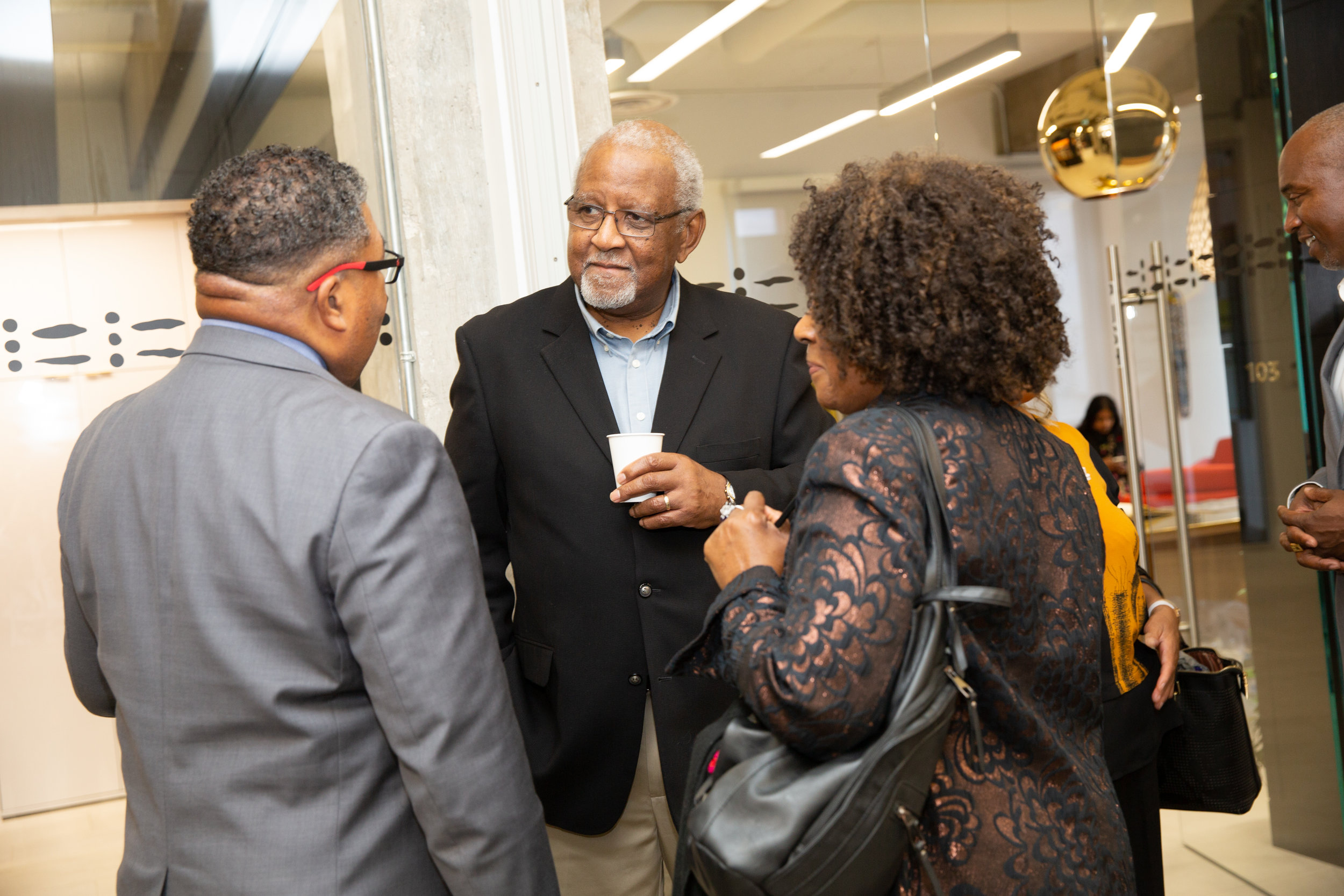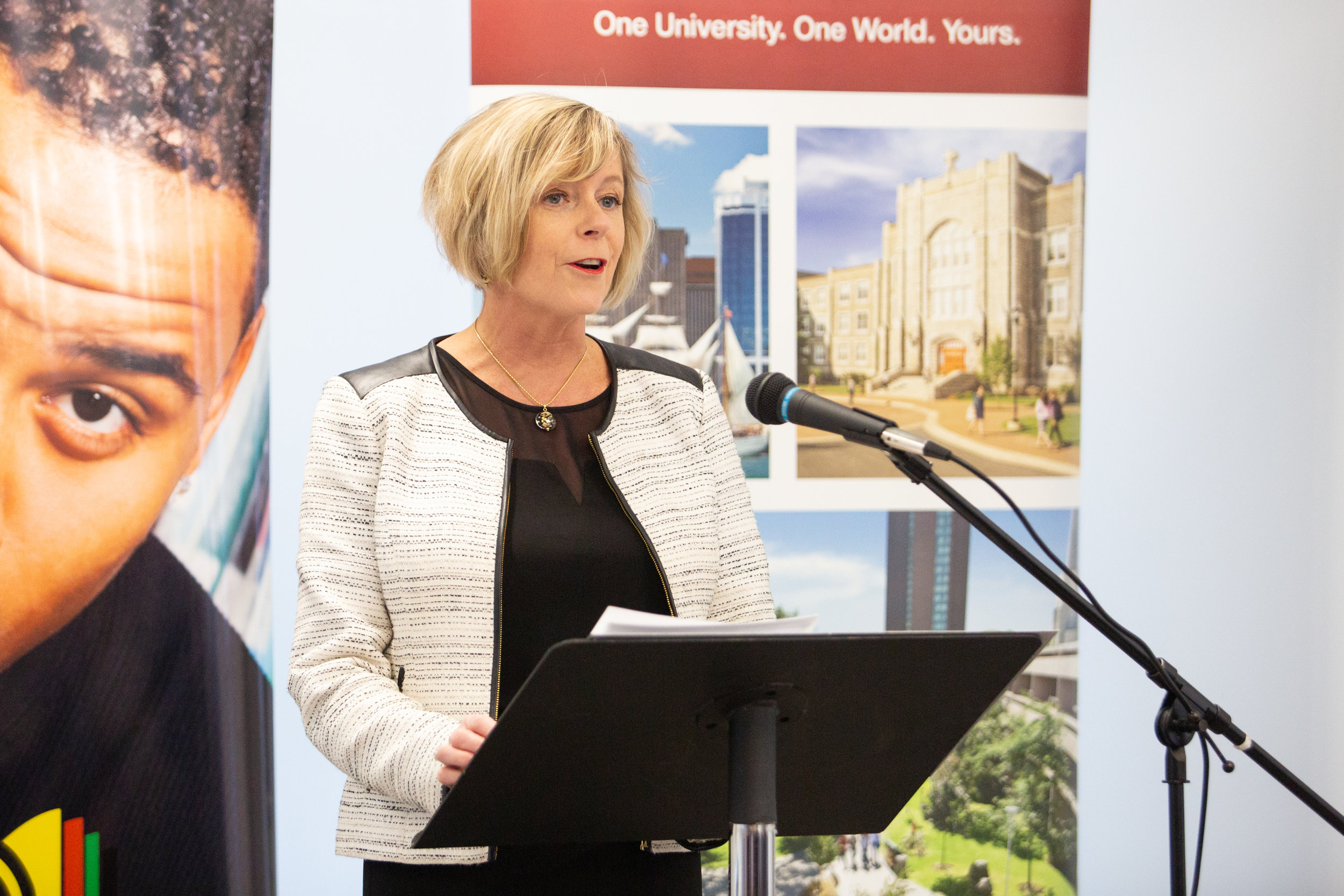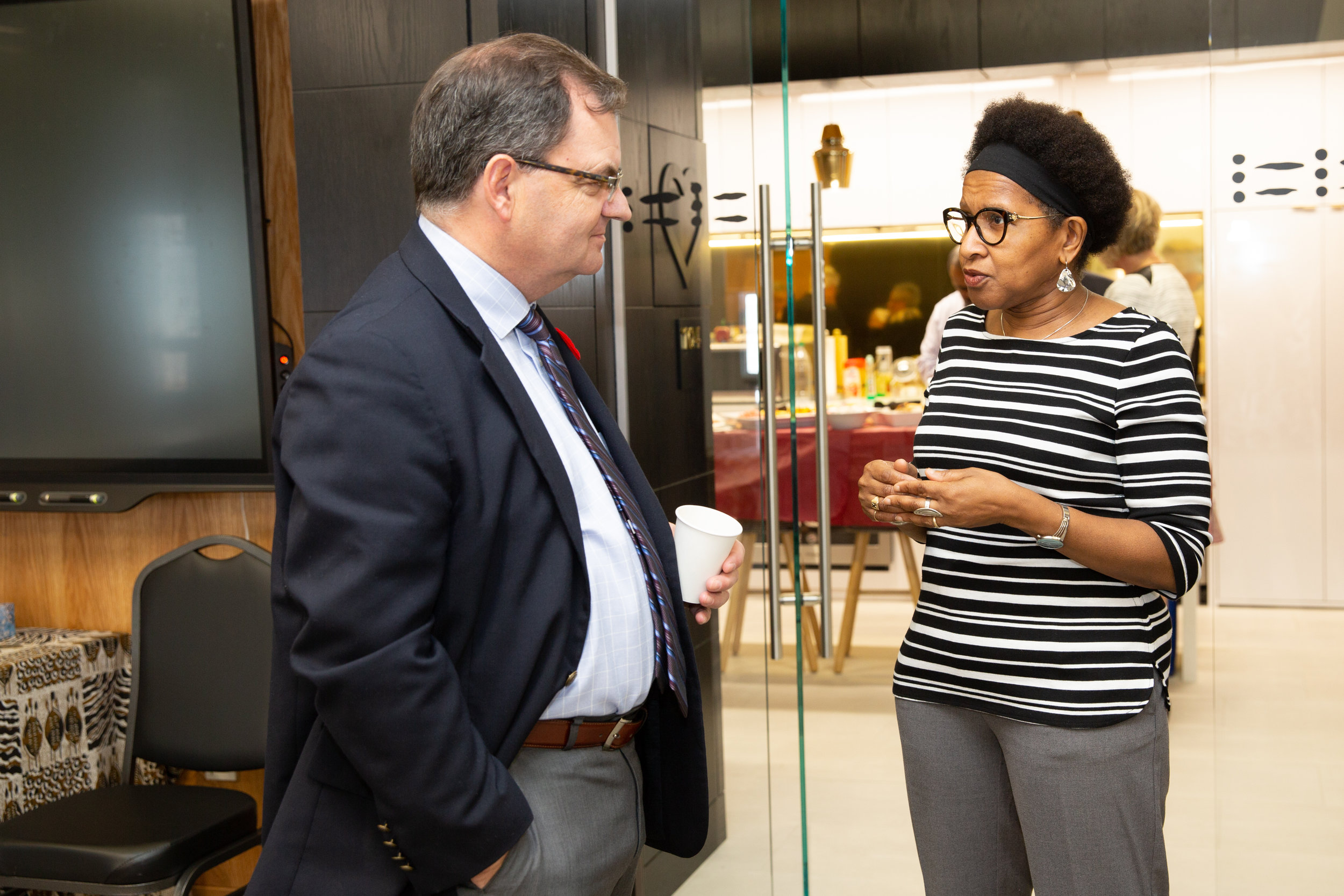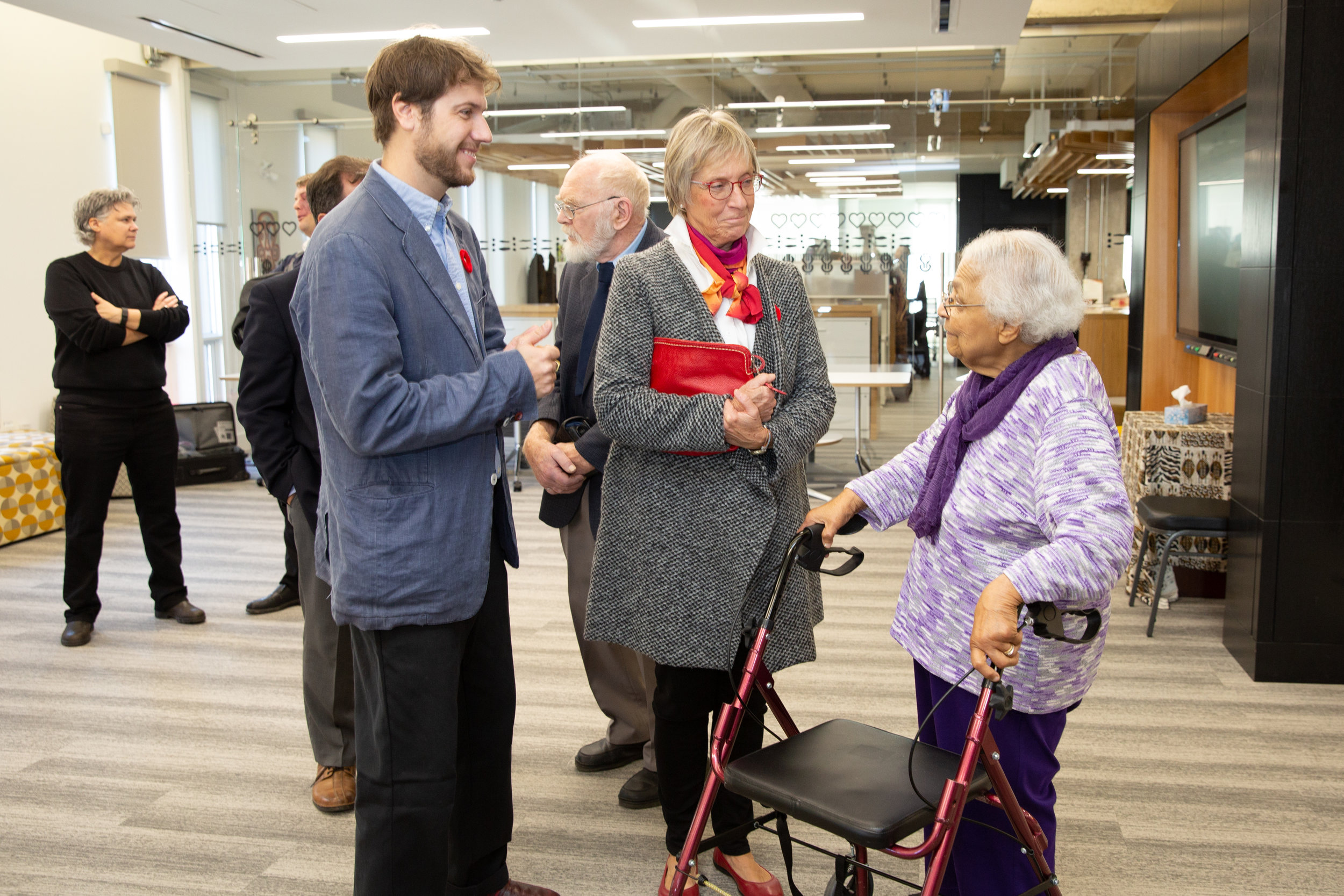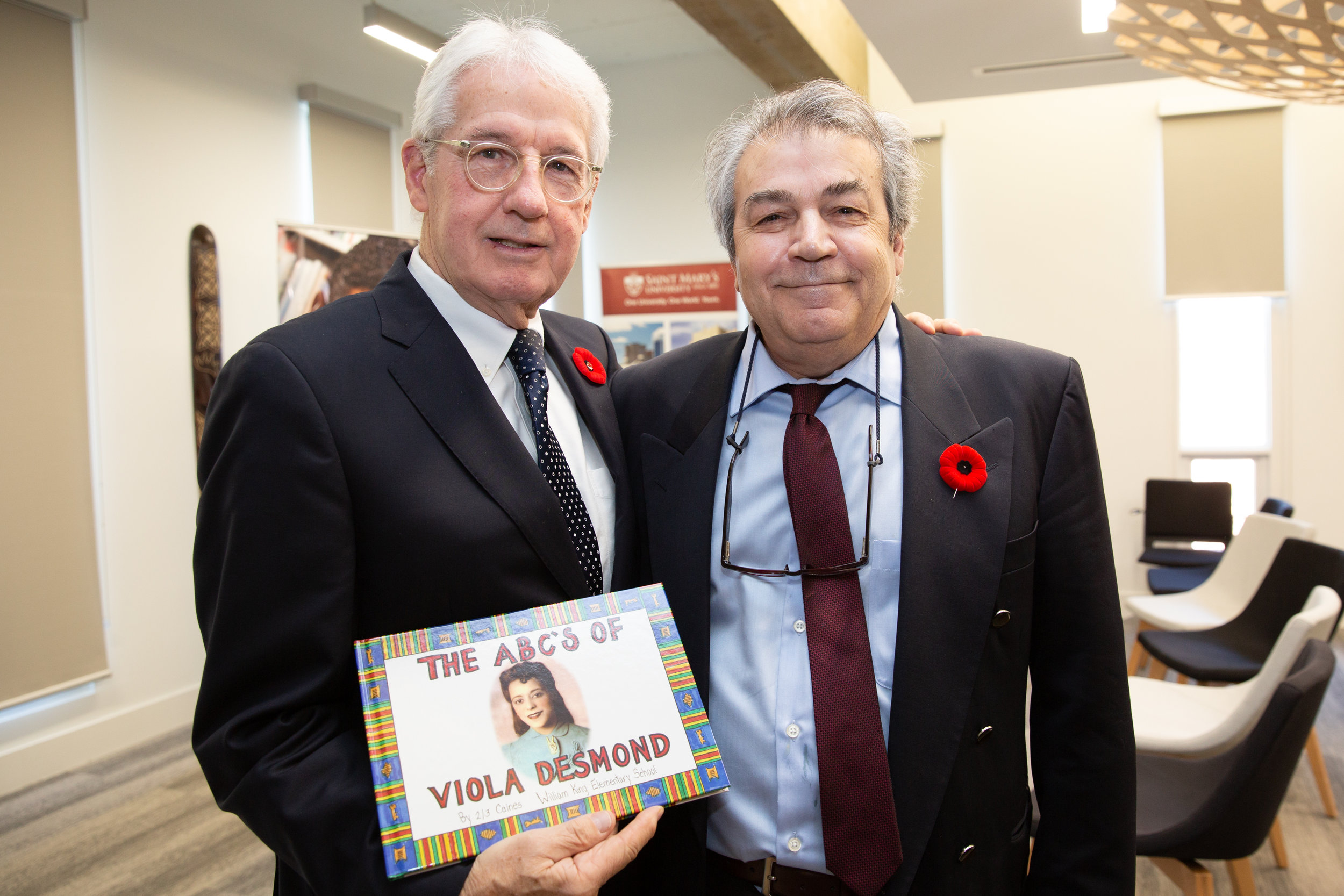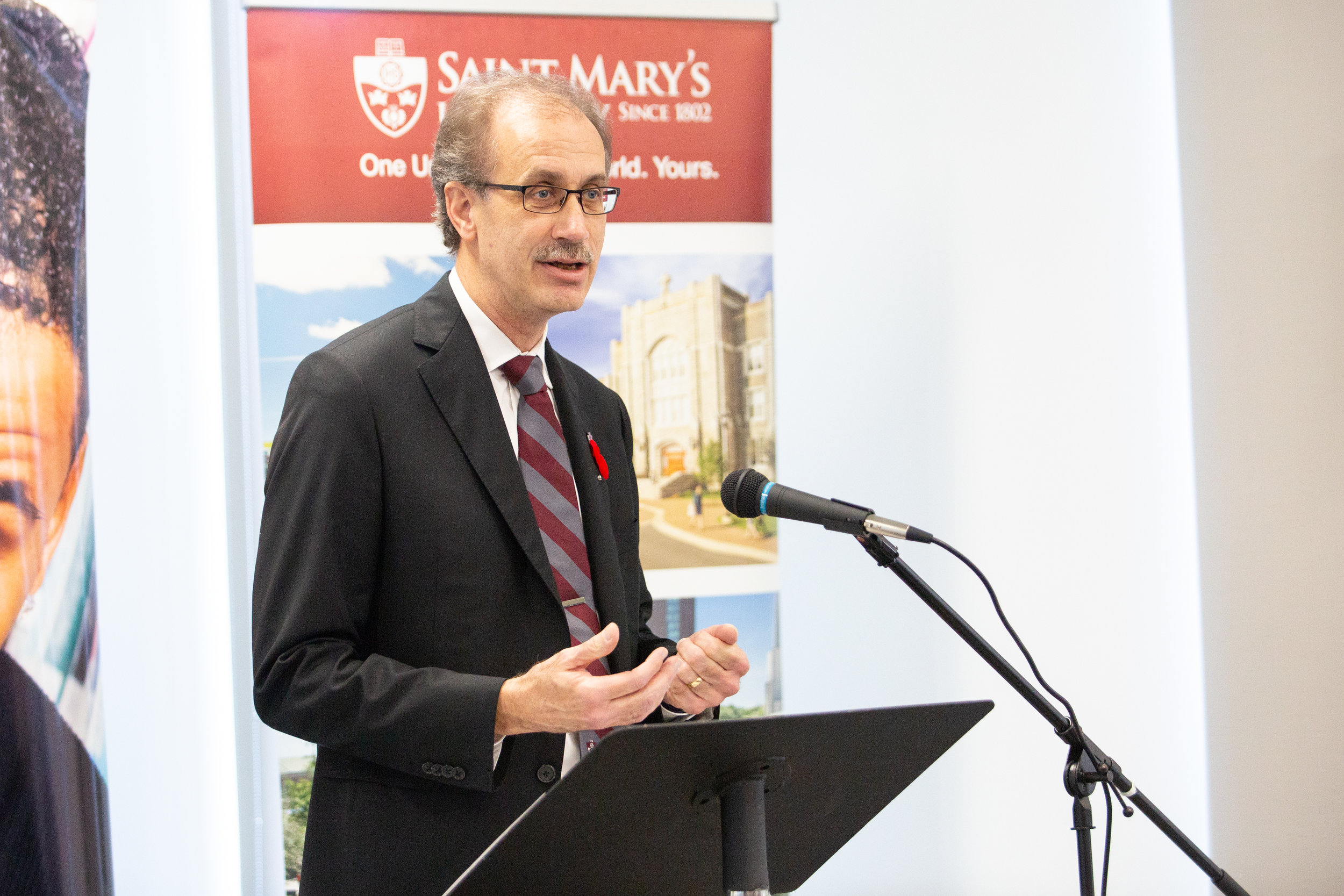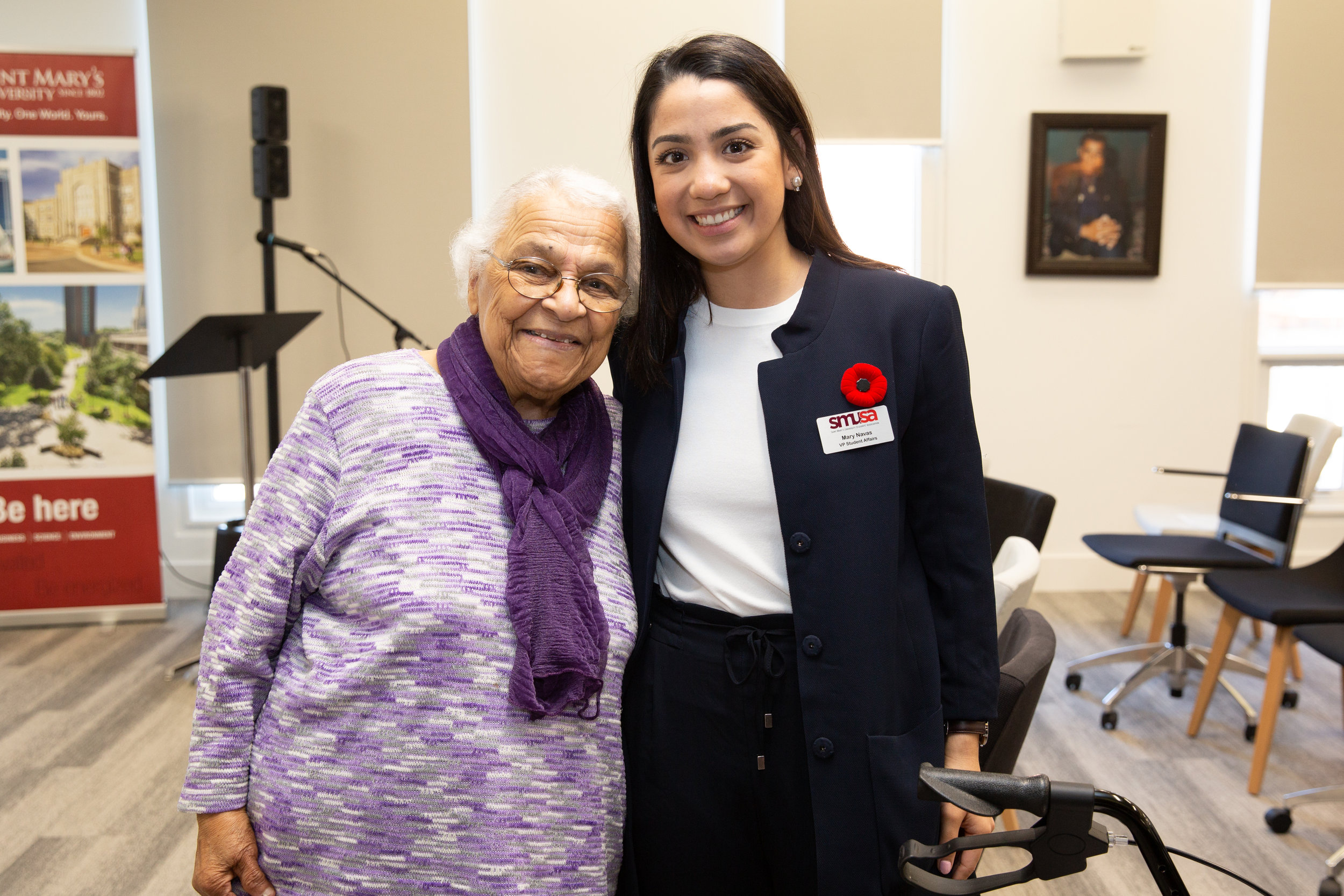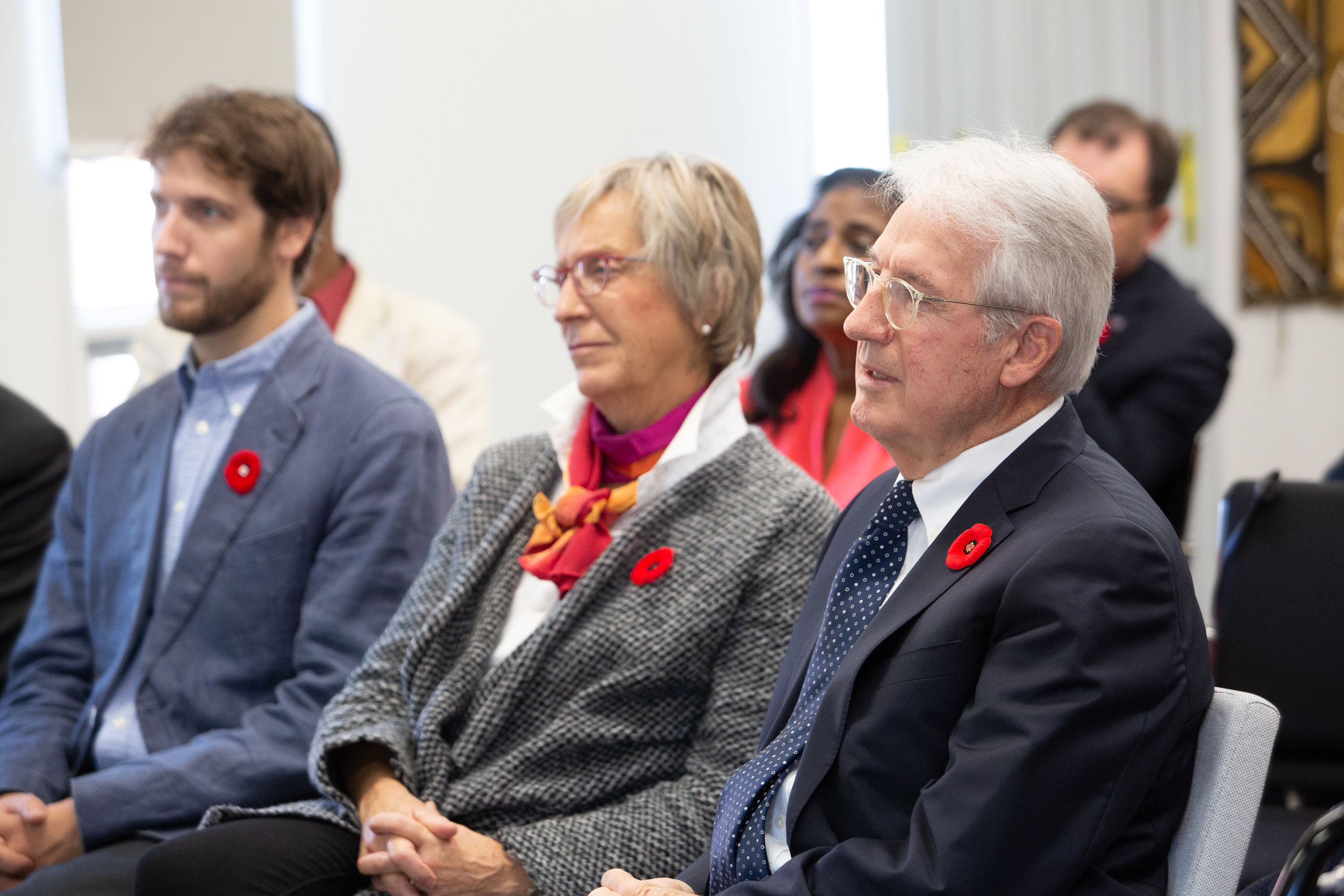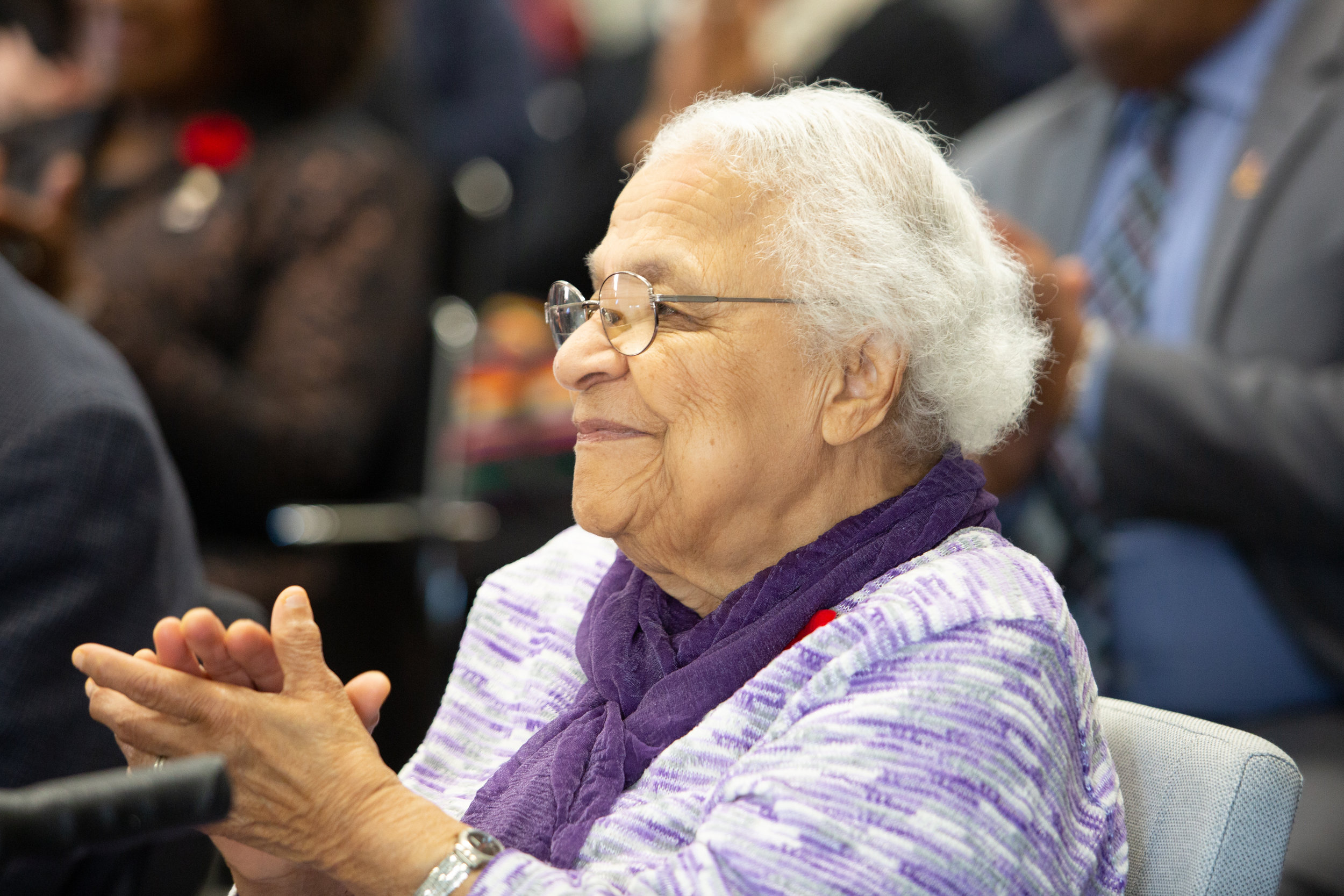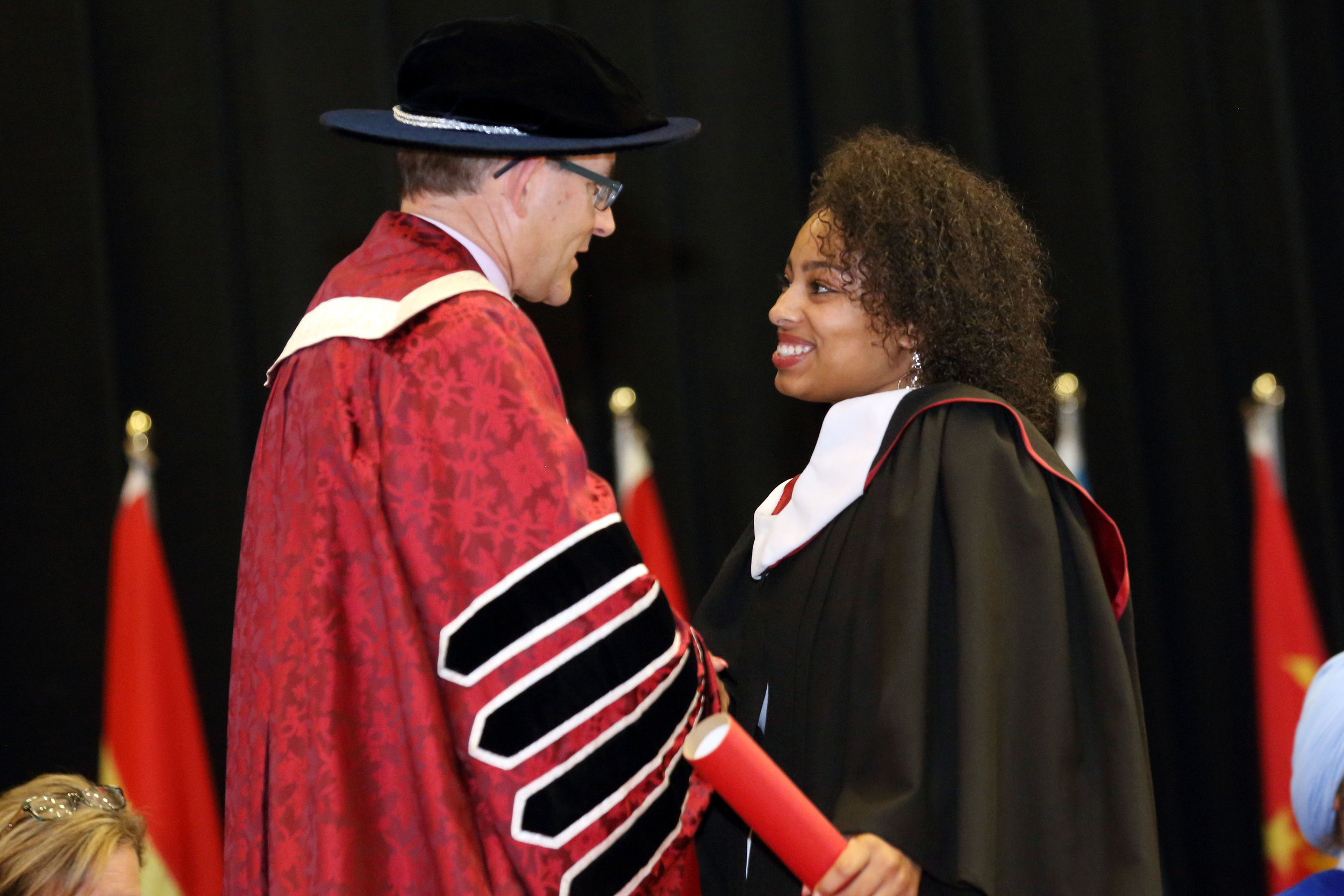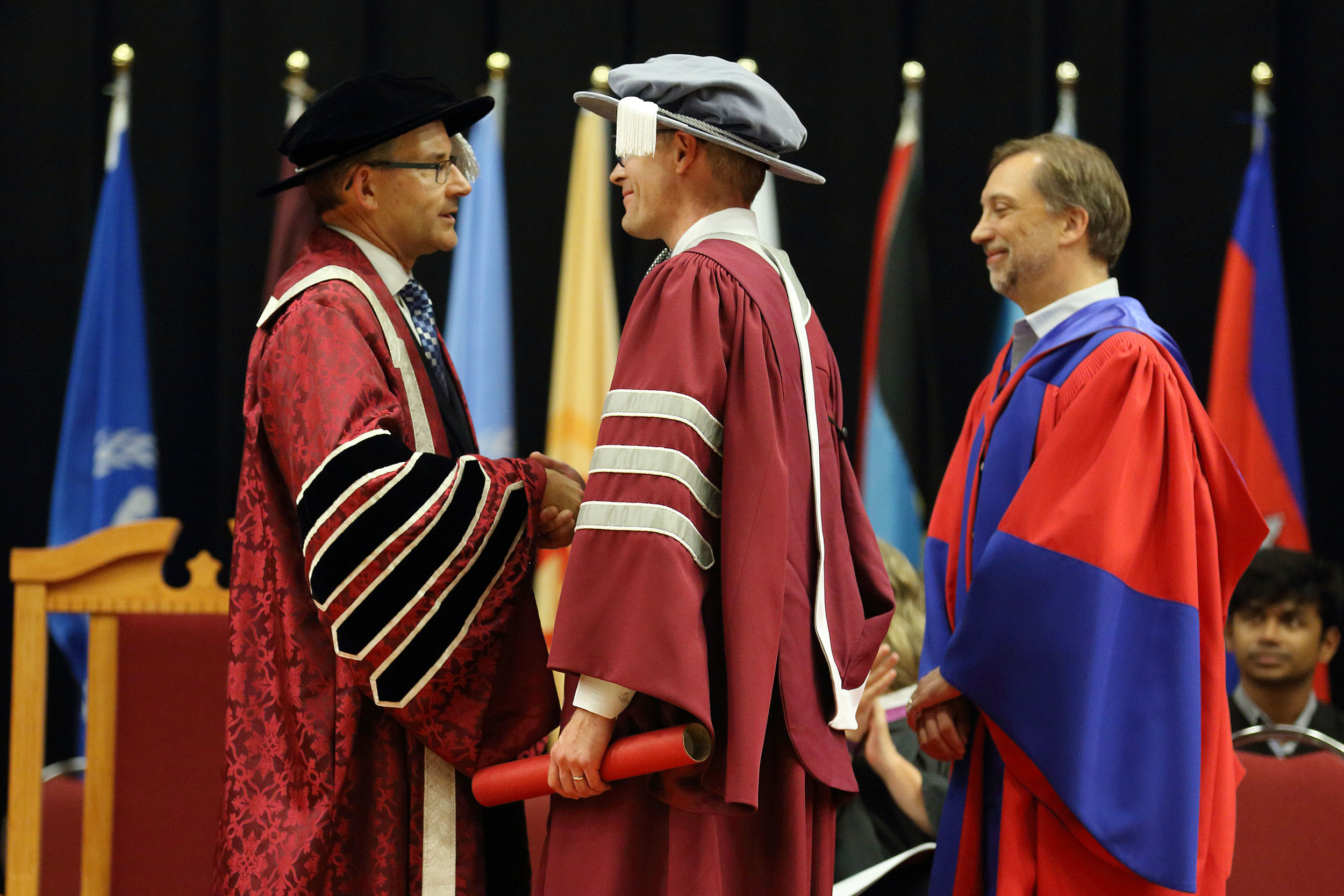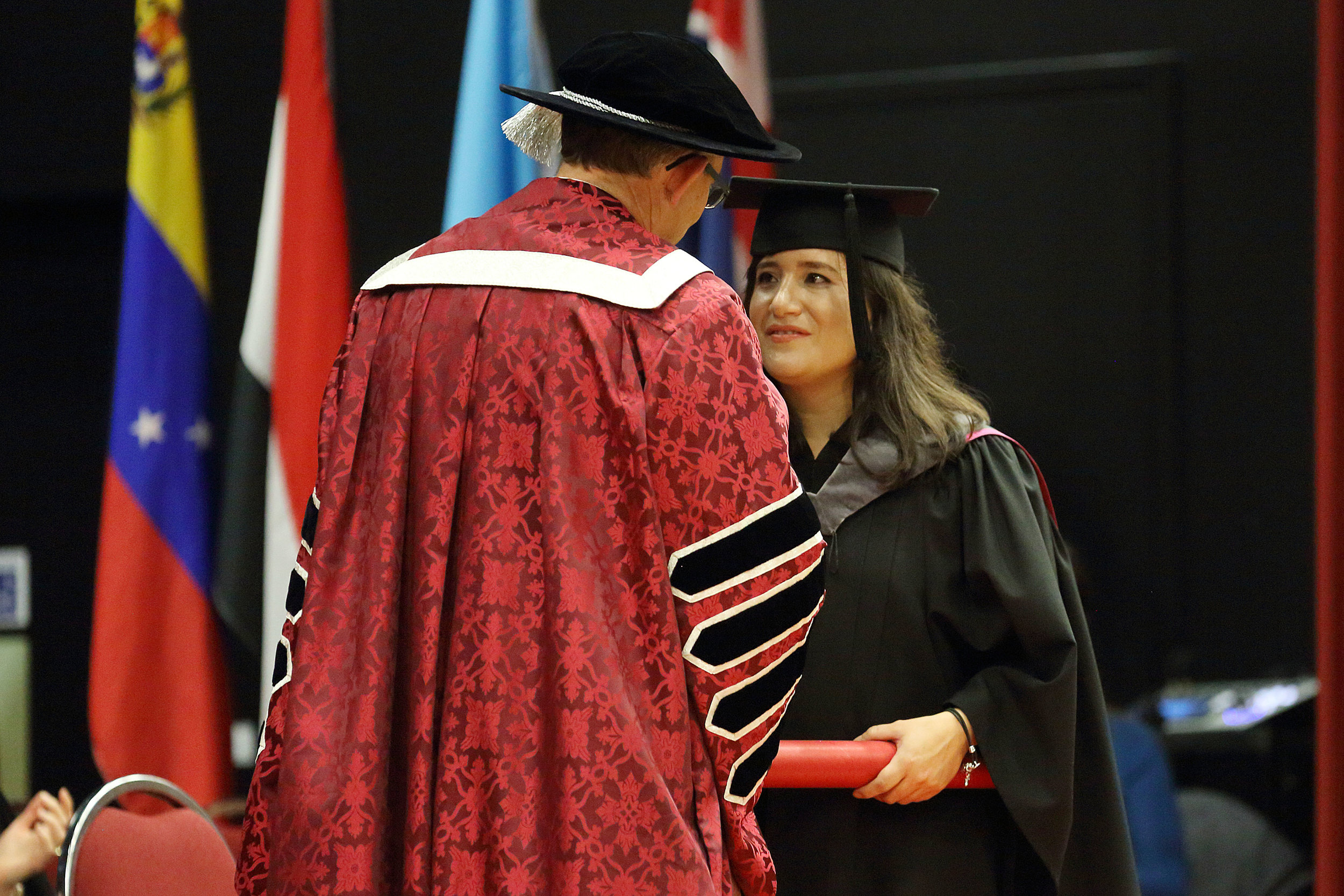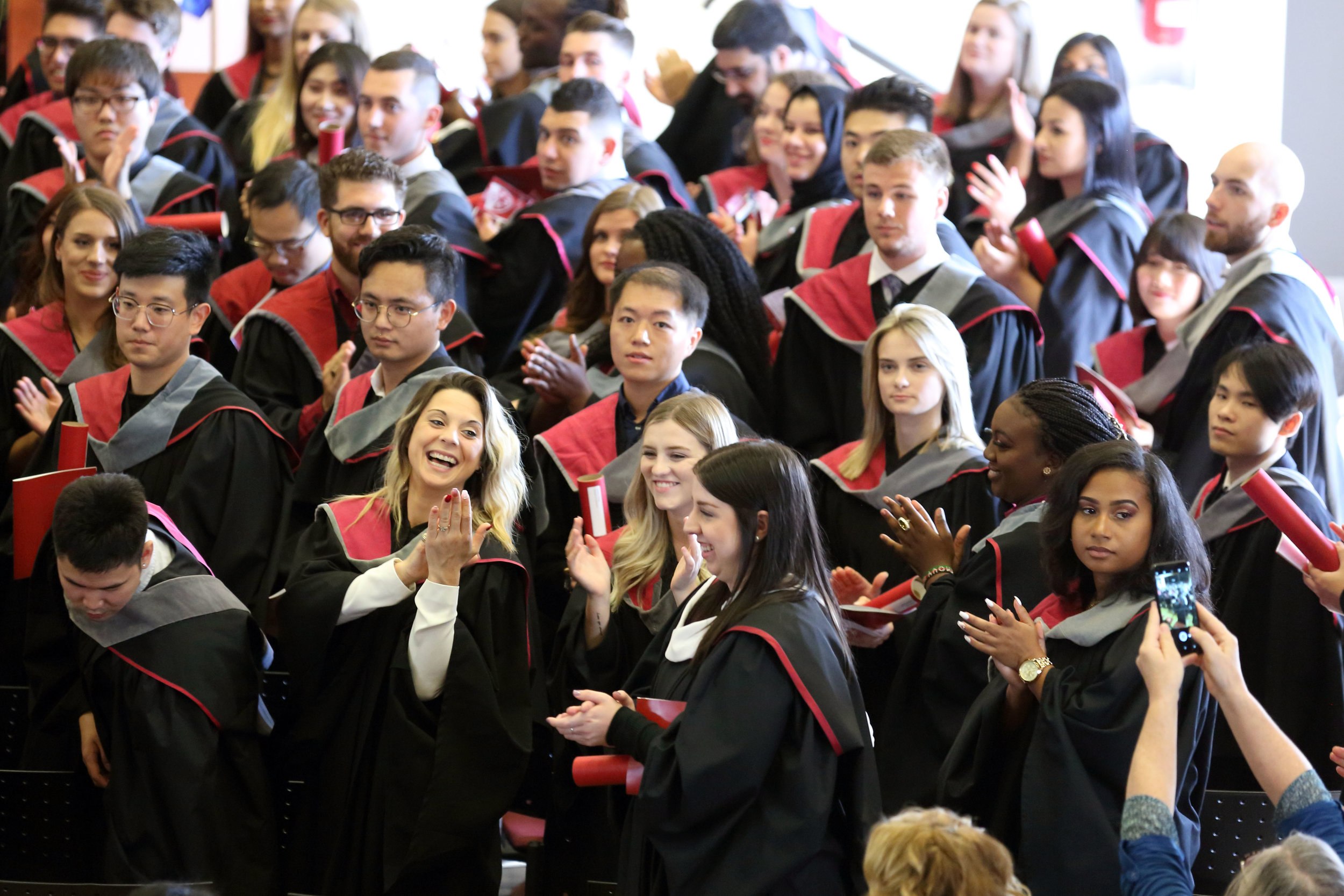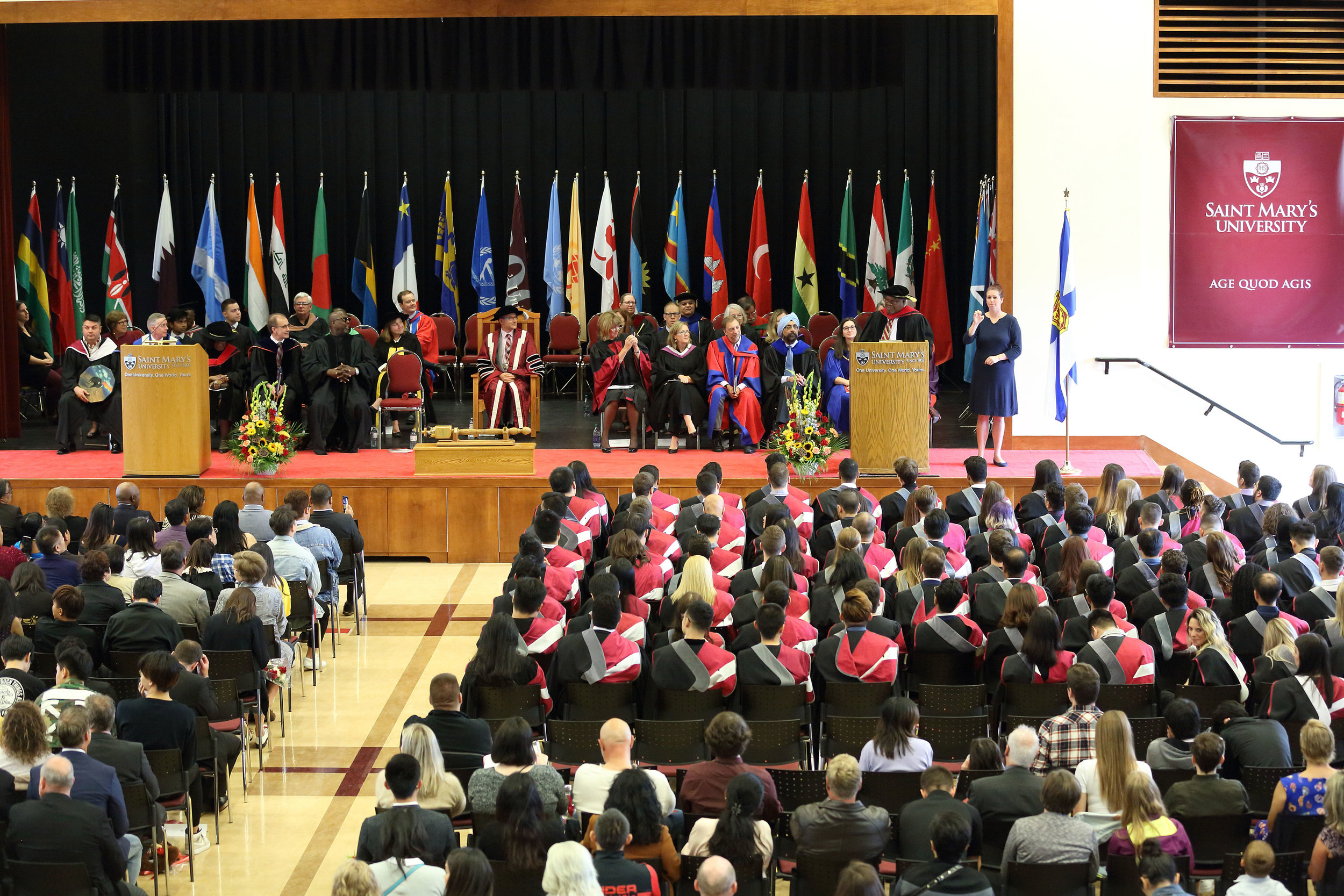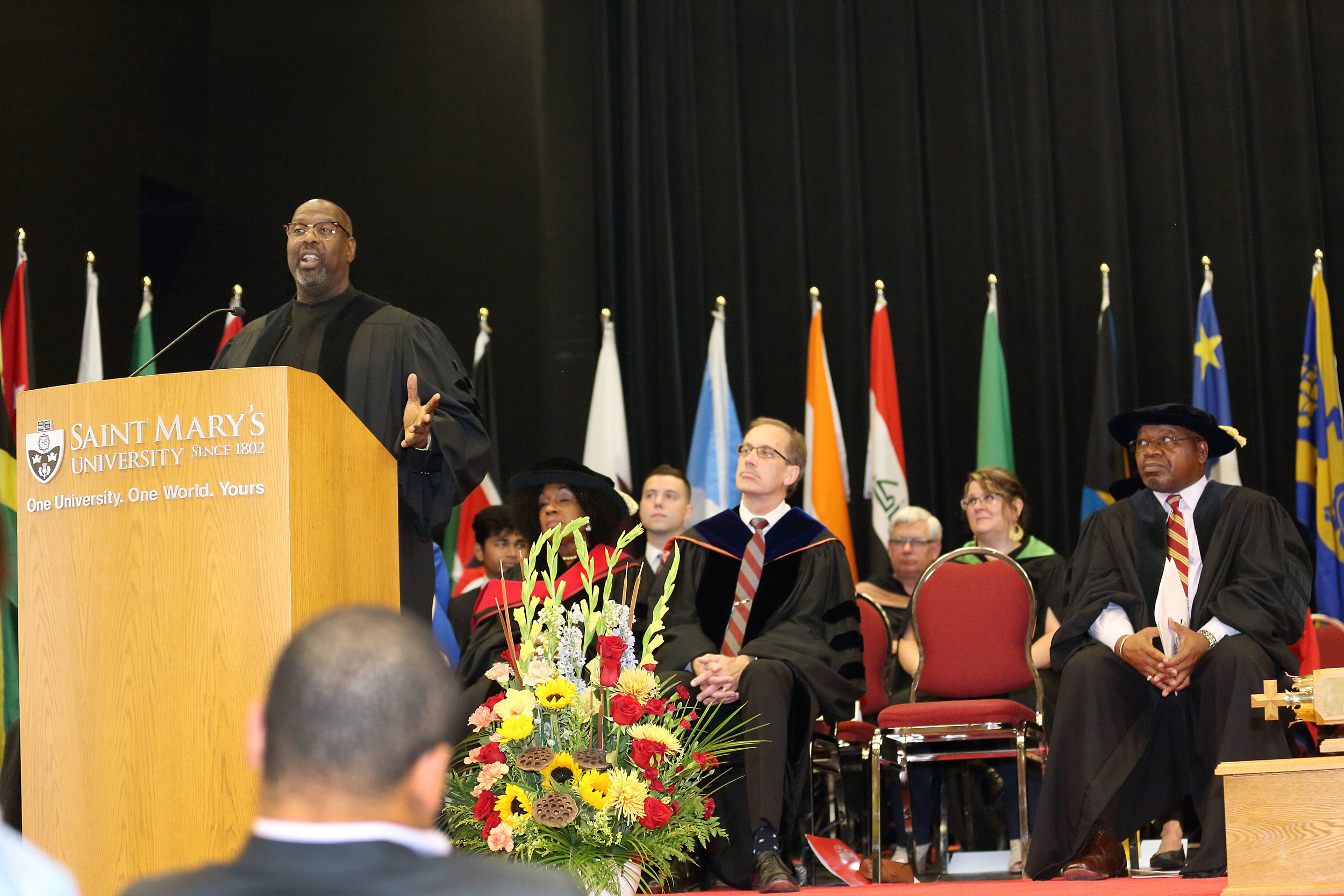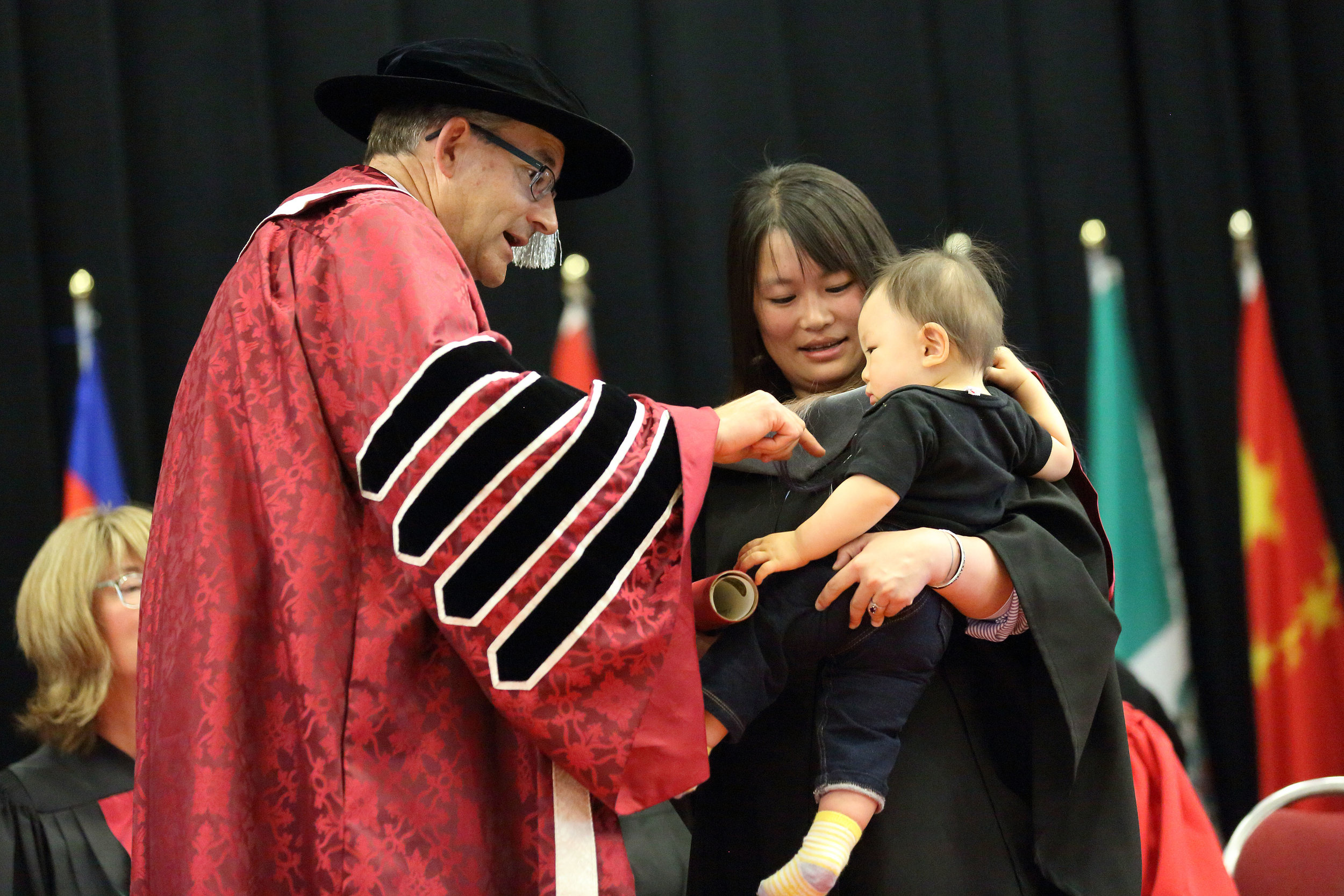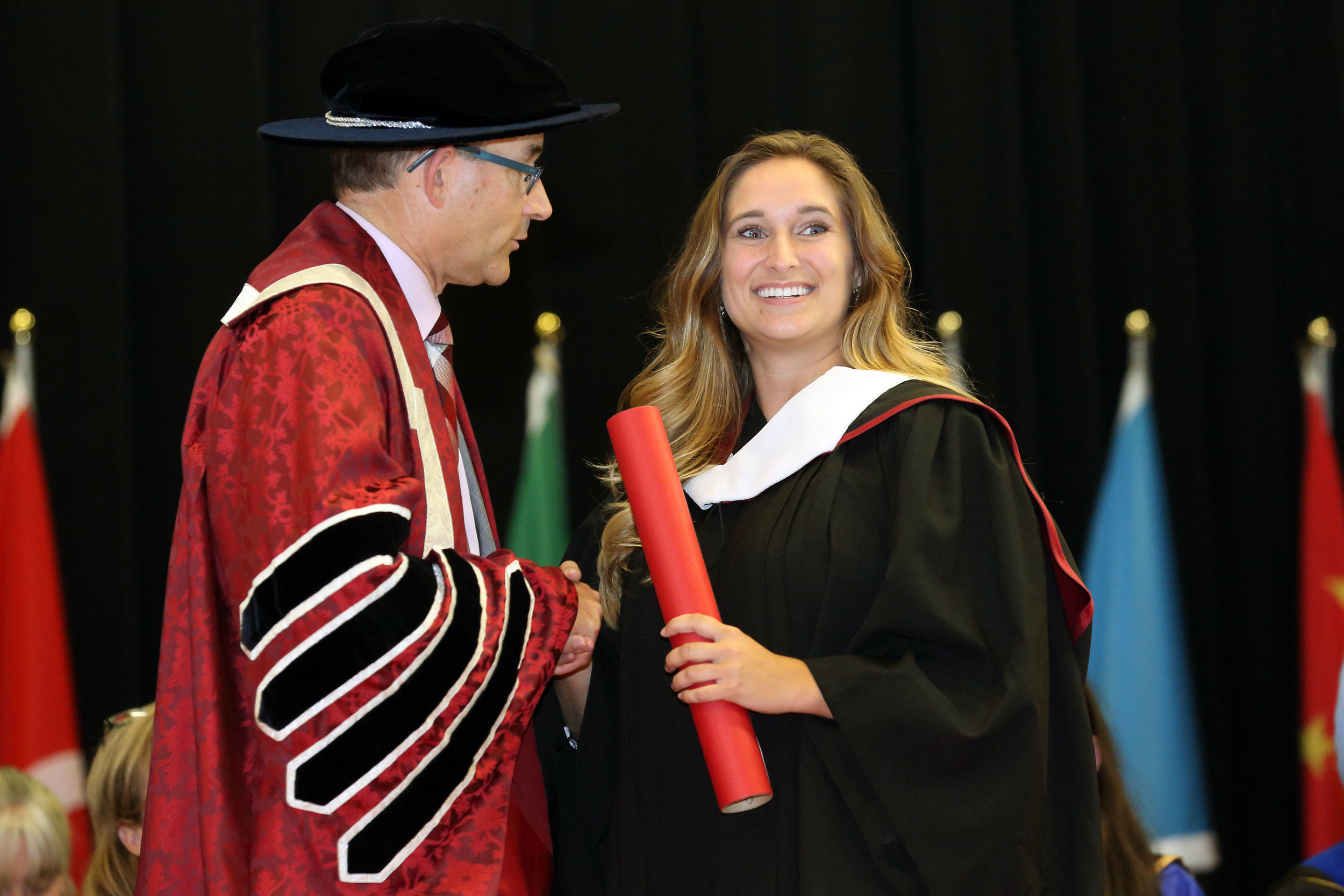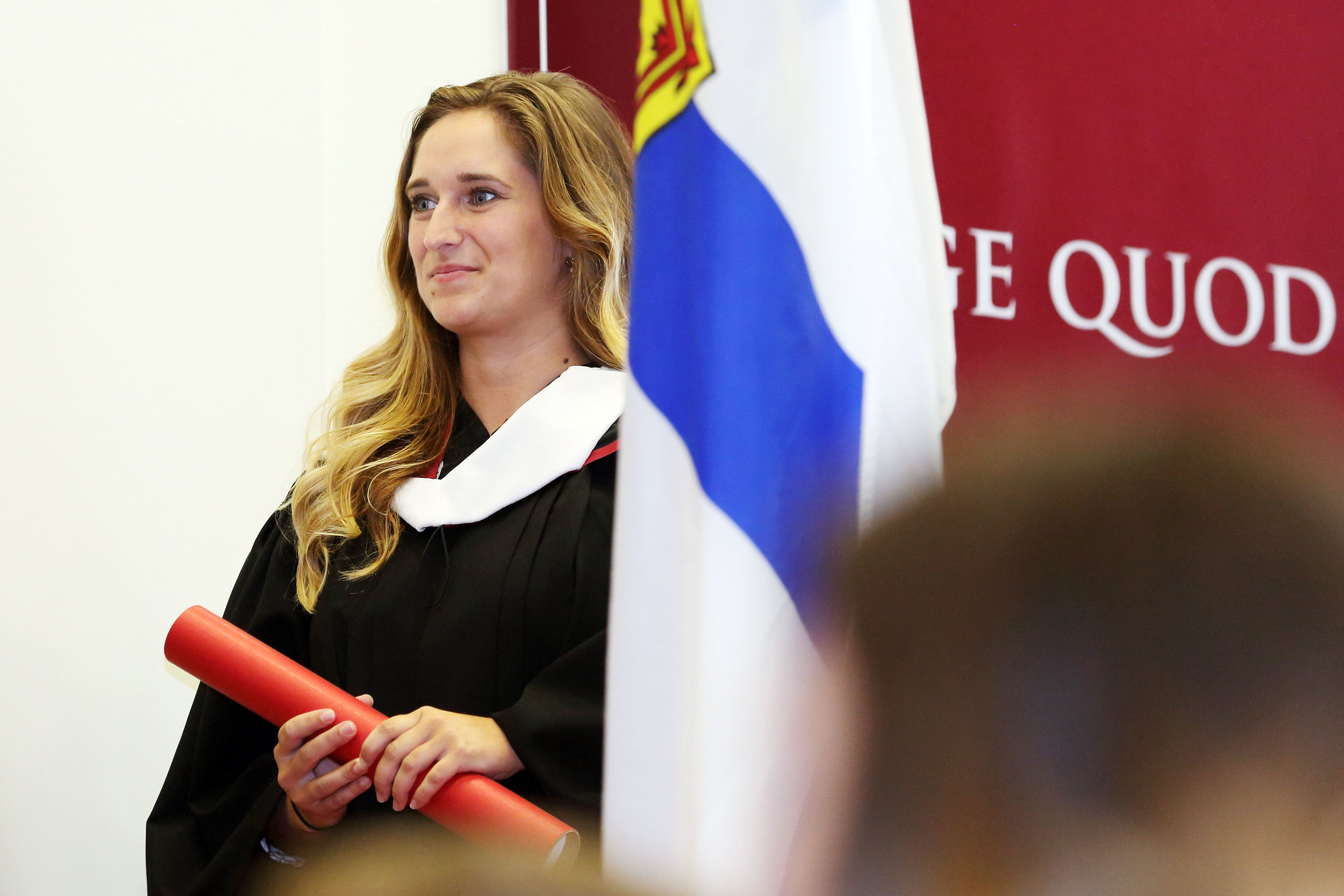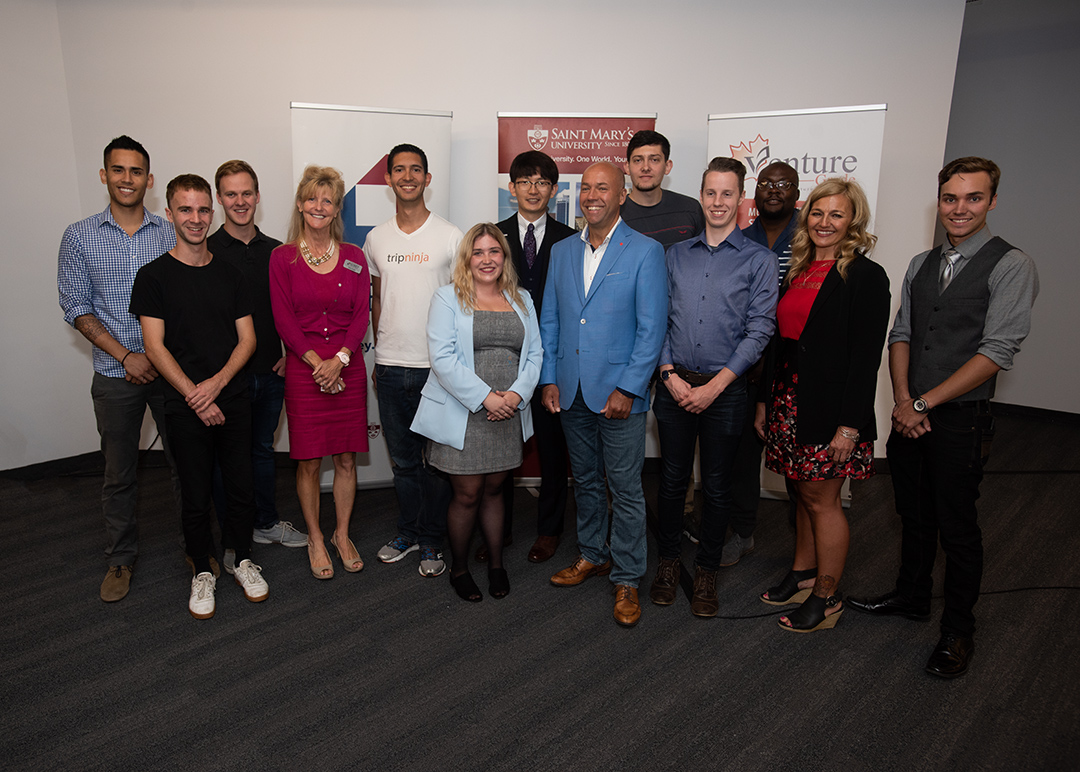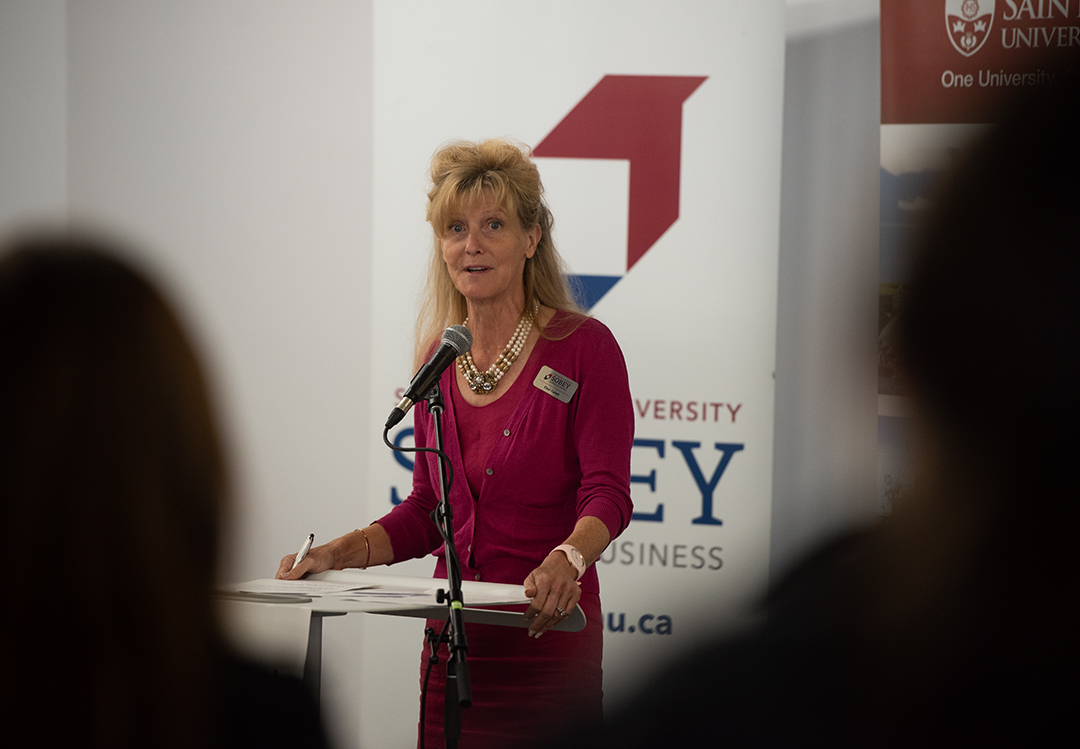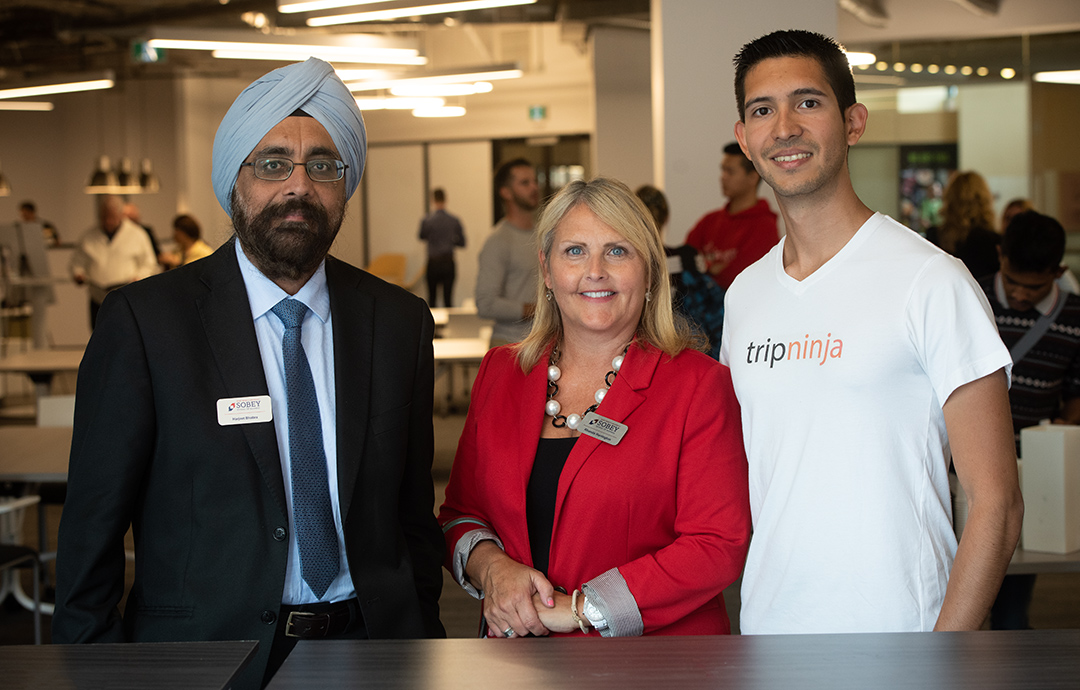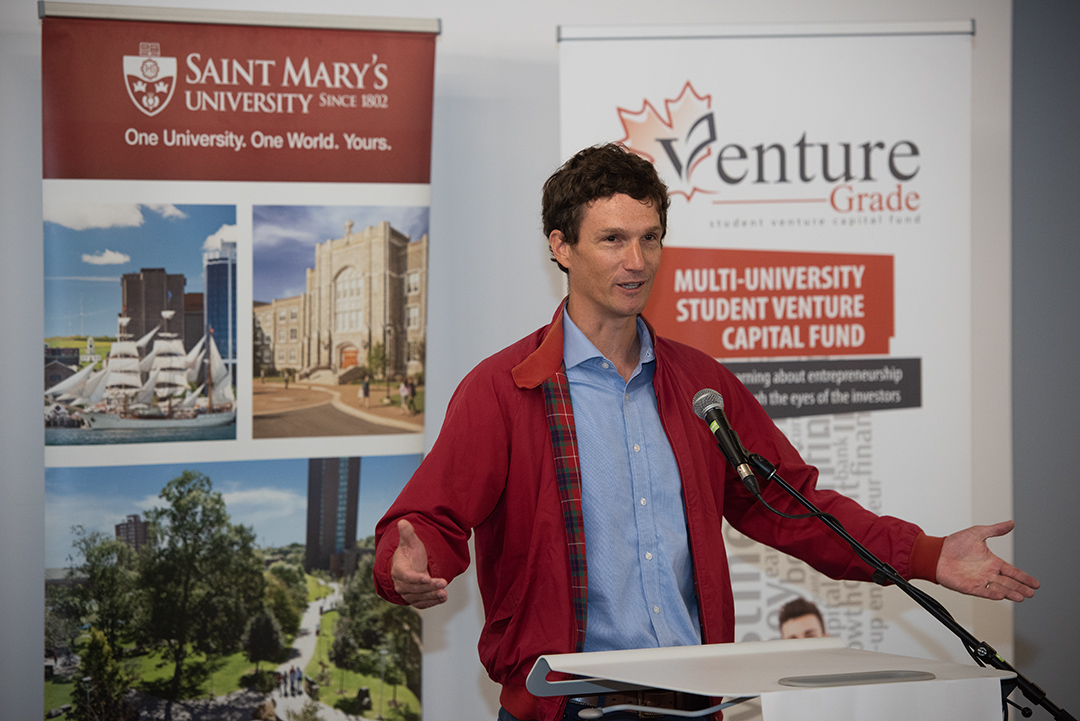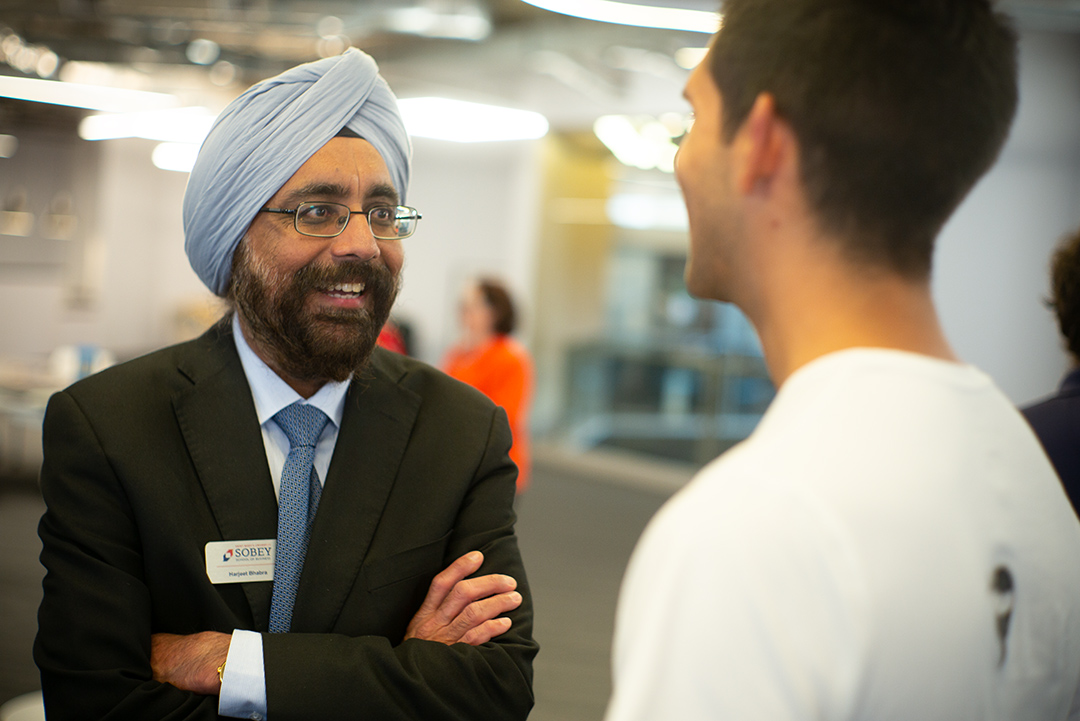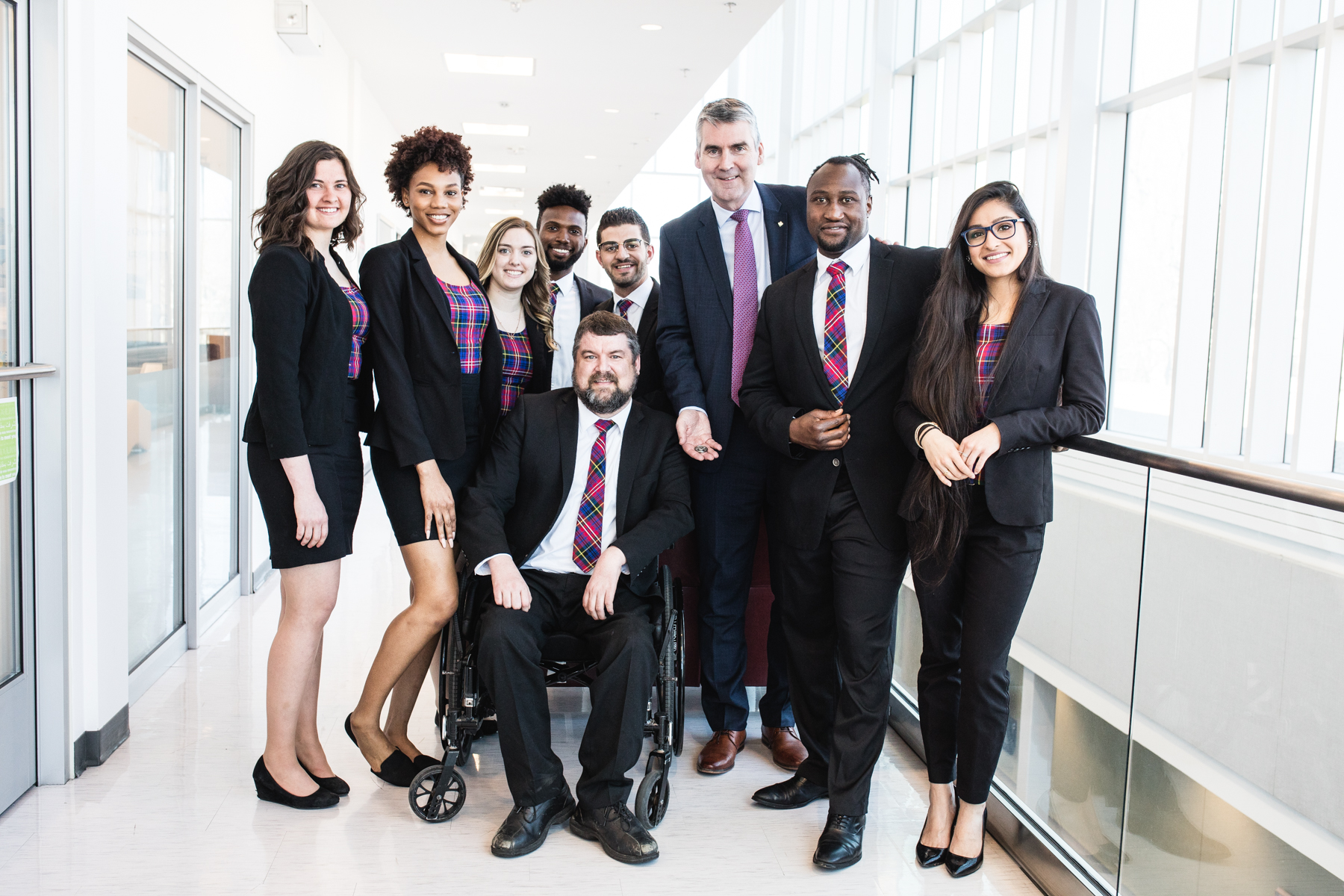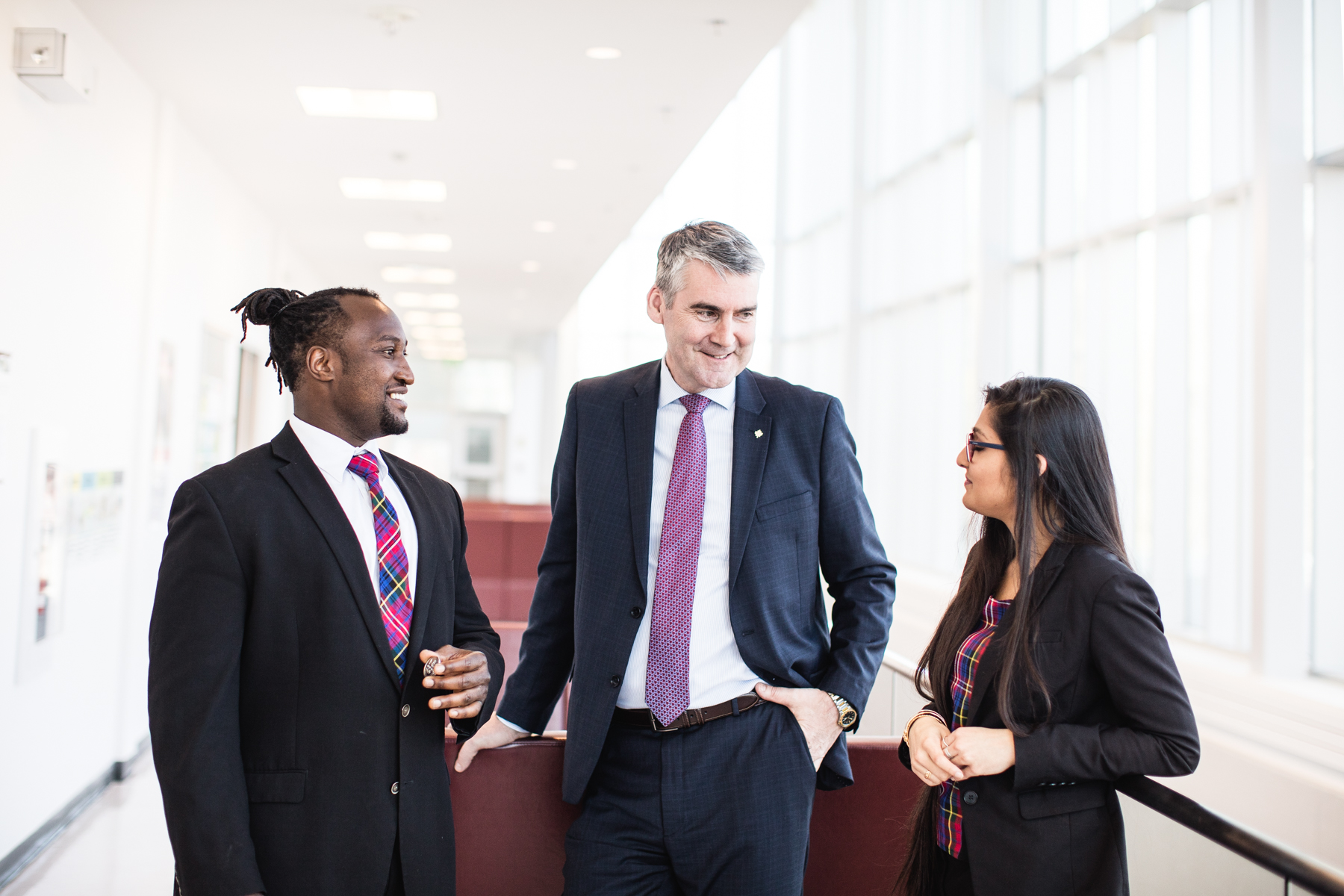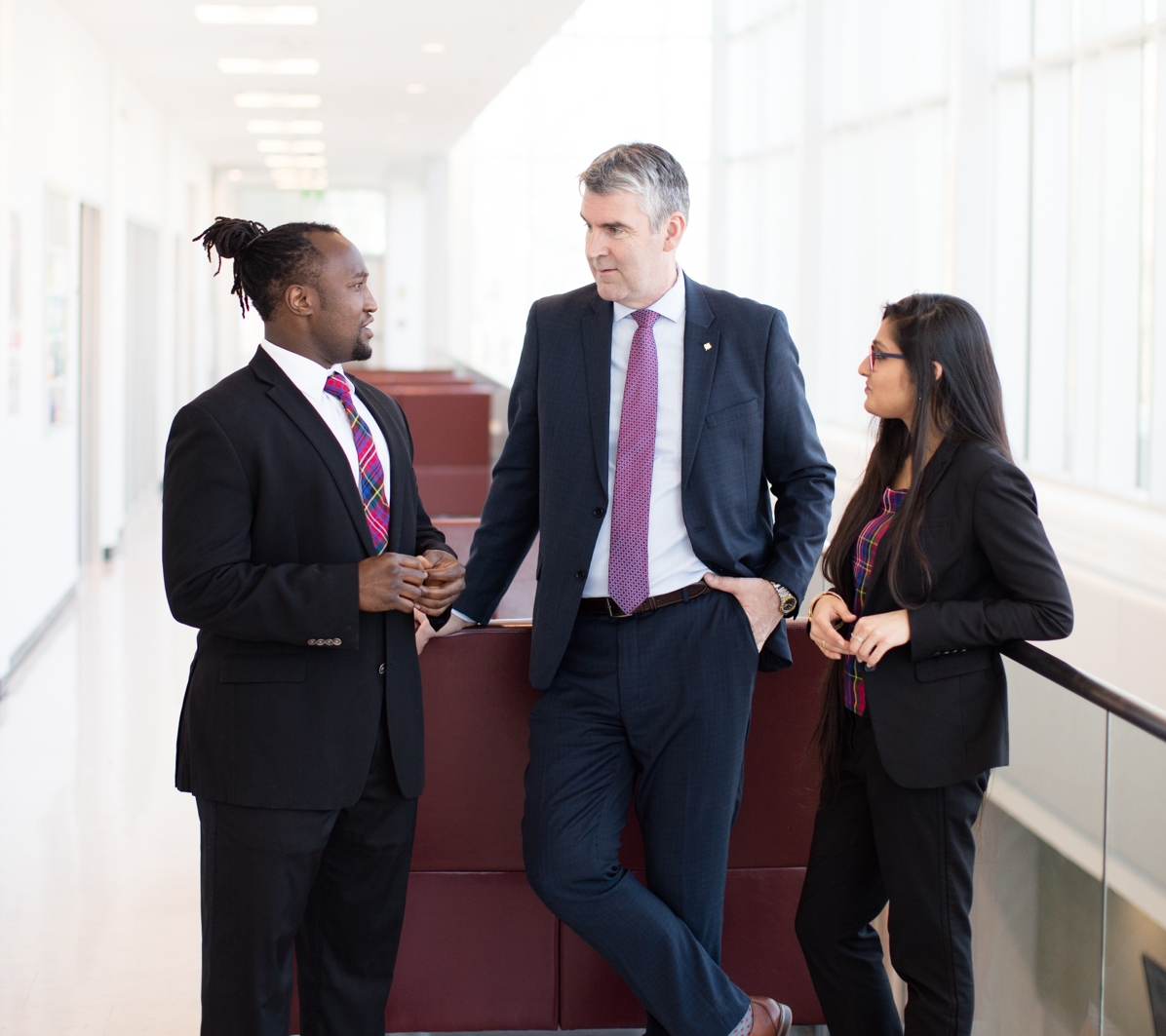Students present their projects to residents during their final visit to Northwood’s Halifax Campus.
There was excitement buzzing in the lounge on the on the top floor of Northwood’s seniors home as residents awaited a presentation from Terry Goldsmith’s CSCI 3428 Software Engineering class.
The students took part in a Service Learning project, which combines course curriculum with community-based experiences. Their task over the fall term was to create inclusive software for residents of the long-term care facility in Halifax.
After speaking with residents and occupational therapists to discover their unique wants and needs, the students worked in groups to come up with concepts such as voice-activated software, messaging apps, and an online calendar for use in the facility. They then made modifications based on feedback from their clients.
“As a professor, and a continuing care assistant, I witnessed something truly amazing when this bright and energetic group of residents worked with my class of 30 software engineering students,” said Goldsmith.
“I saw software engineers taking on the role of continuing care assistant, and residents taking on the role of software engineer. They could learn together, because of the opportunity service learning provided,” he said.
Feedback from residents included suggestions to use voice-activated commands, face recognition capability, and requests for colours that work best for people with vision issues – black and yellow is a popular combination, explained Margaret Szabo, Director of Business Development at Northwood.
“Memos are also a useful feature, easing anxiety for people who have memory issues,” she said, adding that being able to complete any tasks in two clicks or less is also ideal.
“It’s amazing how quickly the students learn to take feedback, reflect, and change; there’s a big difference from when we started in September to the final presentations in November,” said Sarah Bray, Service Learning Placement Coordinator, Student Affairs & Services at Saint Mary’s.
Saint Mary’s students help Northwood resident Trudie Helmke.
Northwood resident Trudie Helmke was particularly impressed by the team that built a voice-controlled virtual assistant that they named Ellen.
When asked if she would use one of the apps if it were made available, Helmke said she would.
“I’ve been telling others about Ellen who would love to use it because they don’t want to keep spending money on [other similar products]… I’ve been spreading the word,” she said.
The benefits of service learning, the networking, and the connections with clients can last long after the courses end.
“It becomes real, you have to get out of the classroom and out of your comfort zone,” said Bray.
“These are skills that will serve these students in other classes and in future careers, while encouraging them to reflect on personal values, assumptions, and issues of social responsibility,” she said.
To learn more:
Service Learning opportunities for students
Service Learning Courses
Information for Faculty

